Browse
By Title
-
 Published March 2008
Published March 2008 'Brothers' or Others?
Propriety and Gender for Muslim Arab Sudanese in Egypt
Fábos, A. H.
Subjects: Refugee and Migration Studies Gender Studies and Sexuality Anthropology (General)
Hb
Paperback available -
eBook available
 Published March 2018
Published March 2018 Back to the Postindustrial Future
An Ethnography of Germany's Fastest-Shrinking City
Ringel, F.
Back to the Postindustrial Future is the first comprehensive ethnography of the future, approaching Hoyerswerda, Germany’s fastest shrinking city, not from the perspective of its past, but persistently from that of its future. Through an extensive ethnography of the city, it allows us to investigate the postindustrial era and the futures it has supposedly lost.
Subjects: Anthropology (General) Urban Studies
Hb
Paperback available -
 Published July 2002
Published July 2002 Bali and Beyond
Case Studies in the Anthropology of Tourism
Yamashita, S.
Subjects: Travel and Tourism Development Studies Anthropology (General)
Hb
Paperback available -
eBook available
 Published May 2009
Published May 2009 Balkan Departures
Travel Writing from Southeastern Europe
Bracewell, W. & Drace-Francis, A. (eds)
Subjects: History (General) Literary Studies
Hb
Paperback available -
eBook available
 Published March 2009
Published March 2009 Banned in Berlin
Literary Censorship in Imperial Germany, 1871-1918
Stark, G. D.
Subjects: History: 18th/19th Century Cultural Studies (General) Literary Studies
Hb
Paperback available -
eBook available
 Published September 2018
Published September 2018 Barter and Social Regeneration in the Argentinean Andes
Angé, O.
Drawing on ethnographic data from fairs in the Southern Andes involving highland herders and lowland cultivators, Barter and Social Regeneration in the Argentinean Andesadvances an anthropology of the practice of barter, contributing to a fuller understanding of how social groups create themselves through material circulation.
Subjects: Anthropology (General) Political and Economic Anthropology
Hb
Paperback available -
 Published April 2018
Published April 2018 Basic and Applied Research
The Language of Science Policy in the Twentieth Century
Kaldewey, D. & Schauz, D. (eds)
Basic and Applied Research traces the conceptual history of the distinction between basic and applied research to its origins in nineteenth-century Europe, explores its role in different ideological contexts after World War II, and ultimately provides valuable insights into present-day EU research policy.
Subjects: History: 20th Century to Present Sociology
Paperback available -
 Published May 2002
Published May 2002 Becoming a Subject
Political Prisoners during the Greek Civil War, 1945-1950
Voglis, P.
Subject: History: 20th Century to Present
Hb
Paperback available -
eBook available
 Published September 2013
Published September 2013 Becoming East German
Socialist Structures and Sensibilities after Hitler
Fulbrook, M. & Port, A. I. (eds)
“This is an excellent edited collection. It provides a range of methodological approaches and is right up to date: it introduces a number of new academics onto the scene while also providing some old favourites. The volume significantly adds to our understanding of East Germany and its population. It provides a reassessment of antifascism and memory... Port’s introduction and Fulbrook’s chapter on memory are masterful.” · Mark Fenemore, Manchester Metropolitan University
Subject: History: 20th Century to Present
Hb
Paperback available -
eBook available
 Published November 2024
Published November 2024 Becoming Good Women
Schooling, Aspirations and Imagining the Future Among Female Students in Sri Lanka
Batatota, L. S.
This book illustrates that tuition space acts as an important site for identity formation and placemaking, where students play out their cosmopolitan aspirations whilst acquiring educational capital. It focuses on narratives of female Sinhalese students attending a national school in the Central Province of Sri Lanka.
Subjects: Political and Economic Anthropology Educational Studies Gender Studies and Sexuality Sustainable Development Goals
Hb -
eBook available
 Published September 2024
Published September 2024 Becoming Other
Heterogeneity and Plasticity of the Self
Berliner, D.
Most of us are conscious of having a single and stable self, but the self is more fragmented and plastic than we care to think. David Berliner explores the captivating world of identity through an array of astonishing 'exo-experiences.'
Subjects: Anthropology (General) Theory and Methodology Literary Studies
Hb -
eBook available
 Published November 2019
Published November 2019 Becoming Vaishnava in an Ideal Vedic City
Fahy, J.
Becoming Vaishnava in an Ideal Vedic City centers on a growing multinational community of ISKCON (International Society for Krishna Consciousness) devotees in Mayapur, West Bengal. Paying particular attention to devotees’ failure to consistently live up to ISKCON’s ideals, and the ongoing struggle to realize the utopian vision of an ‘ideal Vedic city’.
Subjects: Anthropology of Religion Anthropology (General)
Hb -
 Published December 2001
Published December 2001 Bedouin Century
Education and Development among the Negev Tribes in the Twentieth Century
Abu-Rabia, A.
Subjects: Educational Studies Anthropology (General) Development Studies
Hb -
 Published June 2013
Published June 2013 Bedouin of Mount Sinai
An Anthropological Study of their Political Economy
Marx, E.
Subjects: Anthropology (General) Political and Economic Anthropology
Hb
Paperback available -
eBook available
 Published August 2018
Published August 2018 Being a Sperm Donor
Masculinity, Sexuality, and Biosociality in Denmark
Mohr, S.
Through ethnographic explorations of the everyday lives of Danish sperm donors, Being a Sperm Donor explores how masculinity and sexuality are reconfigured in a time in which the norms and logics of (reproductive) biomedicine have become ordinary, and examines how the latter’s socio-cultural and political dimensions become intertwined with men’s intimate sense of self.
Subjects: Medical Anthropology Gender Studies and Sexuality Sociology
Hb
Paperback available -
 Published May 2014
Published May 2014 Being a State and States of Being in Highland Georgia
Mühlfried, F.
Subjects: Anthropology (General) Mobility Studies Development Studies
Hb -
eBook available
 Published May 2016
Published May 2016 Being and Becoming
Embodiment and Experience among the Orang Rimba of Sumatra
Elkholy, R.
In a unique methodological contribution, Ramsey Elkholy adopts a set of body-centered approaches that reflect and capture the day-to-day, moment-to-moment ways in which the hunters and gatherers of Orang Rimba, Sumatra, engage with the world.
Subjects: Anthropology (General) Theory and Methodology
Hb -
eBook available
 Published January 2019
Published January 2019 Being Bedouin Around Petra
Life at a World Heritage Site in the Twenty-First Century
Bille, M.
Being Bedouin Around Petra explores the relationships between the UNESCO protection conferred on Petra, Jordan, and the traditions and lives of the semi-nomadic Bedouin who inhabit the surrounding area. It explores what it means to be Bedouin when tourism, heritage protection, national discourse, and other forces lay competing claims to the past.
Subjects: Anthropology (General) Anthropology of Religion Heritage Studies
Hb
Paperback available -
eBook available
 Published May 2017
Published May 2017 Being Godless
Ethnographies of Atheism and Non-Religion
Blanes, R. L. & Oustinova-Stjepanovic, G. (eds)
Drawing on ethnographic inquiry and the anthropological literature on doubt and atheism, this volume explores people's reluctance to pursue religion. The contributors capture the experiences of godless people and examine their perspectives on the role of religion in their personal and public lives. In doing so, the volume contributes to a critical understanding of the processes of disengagement from religion and reveals the challenges and paradoxes that godless people face.
Subjects: Anthropology (General) Anthropology of Religion
Hb
Paperback available -
eBook available
 Published October 2013
Published October 2013 Being Human, Being Migrant
Senses of Self and Well-Being
Grønseth, A. S. (ed)
Subjects: Refugee and Migration Studies Anthropology (General)
Hb
Paperback available -
eBook available
 Published May 2018
Published May 2018 Being-Here
Placemaking in a World of Movement
Lems, A.
By exploring the lifeworlds of two middle-aged Somalis living in Melbourne, Australia, Being-Here sheds light on the existential dynamics of being-in-place. It discusses the interrelated meanings of emplacement and displacement as experienced in people’s everyday lives, and examines the figure of the refugee as a metaphor for societal alienation and estrangement.
Subjects: Anthropology (General) Mobility Studies
Hb
Paperback available -
 Published May 2010
Published May 2010 Béla Balázs: Early Film Theory
Visible Man and The Spirit of Film
Balázs, B.
Subject: Film and Television Studies
Hb
Paperback available -
 Published September 2014
Published September 2014 Belonging in Oceania
Movement, Place-Making and Multiple Identifications
Hermann†, E., Kempf, W. & Meijl, T. van (eds)
Belonging can be understood by considering the intersections of movement, place-making and cultural identifications. The contributions present ethnographic case studies of such intersections in Oceania. Investigated are ongoing formations of place, self and community in connection with travelling, as well as with internal and international migration.
Subjects: Refugee and Migration Studies Mobility Studies Cultural Studies (General)
Hb -
eBook available
 Published January 2025
Published January 2025 Belonging in Unhomely Homelands
Internal Displacement and Gendered Nationalism among Kosovo Serbs
Grujić, M.
Belonging in Unhomely Lands takes a feminist approach to examine the intricate dynamics of gender, national affiliation and belonging in the context of internal displacement and territorial disputes faced by Kosovo Serbs since the ethnic conflict and tensions two decades ago.
Subjects: Anthropology (General) Refugee and Migration Studies Gender Studies and Sexuality
Hb -
eBook available
 Published September 2010
Published September 2010 Berlin Divided City, 1945-1989
Broadbent, P. & Hake, S. (eds)
Subjects: Urban Studies History: 20th Century to Present
Hb
Paperback available -
eBook available
 Published May 2010
Published May 2010 Berlin, Alexanderplatz
Transforming Place in a Unified Germany
Weszkalnys, G.
Subjects: Urban Studies Anthropology (General) Geography
Hb
Paperback available -
eBook available
 Published April 2021
Published April 2021 Bestsellers of the Third Reich
Readers, Writers and the Politics of Literature
Adam, C.
Christian Adam examines how books came into being under the Nazis, how they became bestsellers—sometimes against the will of the rulers—and which books were actually read. He writes the history of the bestsellers in the darkest epoch of the German past, thus opening a new perspective on the mentality of the Germans between 1933 and 1945.
Subjects: History: 20th Century to Present Literary Studies
Hb -
 Published December 2016
Published December 2016 Between Blood and Gold
The Debates over Compensation for Slavery in the Americas
Beauvois, F.
Lost among current debates over slavery reparations is the fact that such payments were once widespread—except the “victims” were not slaves, but slaveholders deprived of their labor. This landmark study analyzes the debates over compensation within France and Great Britain, establishing a compelling analysis of the Atlantic slave trade’s aftermath.
Subjects: History: 18th/19th Century History (General) Colonial History
Hb -
 Published May 2006
Published May 2006 Between Bombs and Good Intentions
The International Committee of the Red Cross (ICRC) and the Italo-Ethiopian war, 1935-1936
Baudendistel, R.
Subjects: History: 20th Century to Present Peace and Conflict Studies
Hb -
eBook available
 Published May 2017
Published May 2017 Between Empire and Continent
British Foreign Policy before the First World War
Rose, A.
Historians have commonly interpreted Britain’s attempts to break through older alliances of European states before World War I as a reaction to aggressive German foreign policy. This groundbreaking political history demonstrates that British strategy instead arose from the complex interplay of national, continental and imperial considerations.
Subjects: History: 20th Century to Present History: World War I
Hb
Paperback available -
eBook available
 Published November 2010
Published November 2010 Between Left and Right
The 2009 Bundestag Elections and the Transformation of the German Party System
Langenbacher, E. (ed)
Subject: History: 20th Century to Present
Pb -
eBook available
 Published December 2005
Published December 2005 Between Marx and Coca-Cola
Youth Cultures in Changing European Societies, 1960-1980
Schildt, A. & Siegfried, D. (eds)
Subjects: History: 20th Century to Present Cultural Studies (General) Sociology
Hb
Paperback available -
eBook available
 Published July 2008
Published July 2008 Between Mass Death and Individual Loss
The Place of the Dead in Twentieth-Century Germany
Confino, A., Betts, P. & Schumann, D. (eds)
Subjects: History: 20th Century to Present Cultural Studies (General) Sociology
Hb
Paperback available -
eBook available
 Published June 2011
Published June 2011 Between Prague Spring and French May
Opposition and Revolt in Europe, 1960-1980
Klimke, M., Pekelder, J. & Scharloth, J. (eds)
Subject: History: 20th Century to Present
Hb
Paperback available -
eBook available
 Published May 1998
Published May 1998 Between Reform and Revolution
German Socialism and Communism from 1840 to 1990
Barclay, D. & Weitz, E. (ed)
Subject: History (General)
Hb
Paperback available -
 Published July 2011
Published July 2011 Between the Avant-garde and the Everyday
Subversive Politics in Europe from 1957 to the Present
Brown, T. & Anton, L. (eds)
Subject: History: 20th Century to Present
Hb -
eBook available
 Published September 2023
Published September 2023 Between the Forest and the Road
The Waorani Struggle for Living Well in the Ecuadorian Oil Circuit
Bravo Díaz, A.
During the past two decades Ecuadorians have engaged in a national debate around Buen Vivir (living well). This ethnography discusses one of the ways in which people experience well-being or aspire to live well in Ecuadorian Amazonia. Waponi Kewemonipa (living well) is a Waorani notion that embraces ideas of good conviviality, health and certain ecological relations.
Subjects: Anthropology (General) Political and Economic Anthropology Environmental Studies (General) Sustainable Development Goals
Hb -
 Published December 2007
Published December 2007 Between Tradition and Modernity
Aby Warburg and the Public Purposes of Art in Hamburg
Russell, M. A.
Subjects: History: 20th Century to Present Cultural Studies (General)
Hb -
 Published November 2005
Published November 2005 Between Two Worlds
The Jewish Presence in German and Austrian Film, 1910-1933
Prawer, S. S.
Subjects: Film and Television Studies Jewish Studies
Hb
Paperback available -
 Published November 2004
Published November 2004 Between Utopia and Disillusionment
A Narrative of the Political Transformation in Eastern Europe
Vogt, H.
Subject: History: 20th Century to Present
Hb -
eBook available
 Published October 2013
Published October 2013 Between Yesterday and Tomorrow
German Visions of Europe, 1926-1950
Bailey, C.
Subject: History: 20th Century to Present
Hb
Paperback available -
eBook available
 Published October 2022
Published October 2022 Beyond 'Hellenes' and 'Barbarians'
Asymmetrical Concepts in European Discourse
Postoutenko, K. (ed)
Surveying a variety of significant asymmetrical conceptualizations, Beyond 'Hellenes' and 'Barbarians' extends our current breadth of understanding of how ascriptive terms such as ‘civilization’ vs. ‘barbarity,’ or ‘order’ vs. ‘chaos’ functioned and continue to function in political, scientific, and fictional discourses.
Subjects: History: 20th Century to Present History: 18th/19th Century History: Medieval/Early Modern
Hb -
eBook available
 Published May 2010
Published May 2010 Beyond Writing Culture
Current Intersections of Epistemologies and Representational Practices
Zenker, O. & Kumoll, K. (eds)
Subject: Theory and Methodology
Hb
Paperback available -
 Published September 1997
Published September 1997 Beyond 1989
Re-reading German literature since 1945
Bullivant, K. (ed)
Subjects: History: 20th Century to Present Literary Studies
Hb
Paperback available -
 Published July 2014
Published July 2014 Beyond Alterity
German Encounters with Modern East Asia
Shen, Q. & Rosenstock, M. (eds)
This collection of essays examines German-language cultural production pertaining to modern China and Japan, and explicitly challenges orientalist notions by proposing a conception of East and West not as opposites, but as complementary elements of global culture, thereby urging a move beyond national paradigms in cultural studies. Essays focus on the mid-century German-Japanese alliance, Chinese-German Leftist collaborations, global capitalism, travel, identity, and cultural hybridity. The authors include historians and scholars of film and literature, and employ a wide array of approaches from postcolonial, globalization, media, and gender studies. The collection sheds new light on a complex and ambivalentset of international relationships, while also testifying to the potential of Asian German Studies.
Subjects: Cultural Studies (General) History: 20th Century to Present
Hb -
 Published May 1999
Published May 1999 Beyond Caligari
The Films of Robert Wiene
Jung, U. & Schatzberg, W.
Subject: Film and Television Studies
Hb
Paperback available -
 Published October 2011
Published October 2011 Beyond Conversion and Syncretism
Indigenous Encounters with Missionary Christianity, 1800-2000
Lindenfeld, D. & Richardson, M. (eds)
Subjects: Anthropology of Religion Anthropology (General) Colonial History
Hb -
 Published November 2024
Published November 2024 Beyond Ethics and Pragmatism
Evocative Moments in Doing Ethnography
Shokeid, M.
Based on several long-term fieldwork projects in Israel and the U.S., this book brings together a repertoire of subjective and professional experiences of an anthropologist who attended various theoretical and methodological tutoring settings.
Subjects: Theory and Methodology Anthropology (General)
Hb -
eBook available
 Published July 2020
Published July 2020 Beyond Filial Piety
Rethinking Aging and Caregiving in Contemporary East Asian Societies
Shea, J., Moore, K., & Zhang, H. (eds)
This volume explores emerging cultural meanings and social responses to population aging in contemporary East Asian societies. Drawing on ethnographic, demographic, policy, archival, and media data, the authors trace both common patterns and diverging trends across China, Hong Kong, Taiwan, Singapore, Japan, and Korea.
Subjects: Anthropology (General) Sociology
Hb
Paperback available -
eBook available
 Published November 2012
Published November 2012 Beyond Habermas
Democracy, Knowledge, and the Public Sphere
Emden, C. J. & Midgely, D. (eds)
Subjects: Cultural Studies (General) History (General) Literary Studies
Hb
Paperback available -
eBook available
 Published November 2018
Published November 2018 Beyond Inclusion and Exclusion
Jewish Experiences of the First World War in Central Europe
Crouthamel, J., Geheran, M., Grady, T., & Köhne, J. B. (eds)
Beyond Inclusion and Exclusion recaptures the multifariousness of Central European Jewish life through the experiences of both soldiers and civilians during World War I. This collection explores rare sources and employs novel interdisciplinary methods to illuminate four interconnected themes: minorities and the meaning of military service, Jewish-Gentile relations, the cultural legacy of the war, and memory politics.
Subjects: Jewish Studies History: World War I History: 20th Century to Present
Hb
Paperback available -
eBook available
 Published May 2024
Published May 2024 Beyond Pain
The Anthropology of Body Suspensions
Manfredi, F.
Through thirteen years of fieldwork, an experimental practice-based methodology, and a new theoretical approach to harmonize online and offline data, Beyond Pain provides a wholly unique ethnographical exploration of the misunderstood world of body suspensions.
Subjects: Cultural Studies (General) Anthropology (General)
Hb -
 Published April 2011
Published April 2011 Beyond Pleasure
Cultures of Modern Asceticism
Peeters, E., van Molle, L. & Wils, K. (eds)
Subjects: Cultural Studies (General) History (General) Sociology
Hb -
eBook available
 Published February 2020
Published February 2020 Beyond Posthumanism
The German Humanist Tradition and the Future of the Humanities
Mathäs, A.
Against the background of debates about a revival of humanist values, this volume seeks to recast the question of the viability of the humanities by analyzing their long-disputed premises in German literature and philosophy. It emphasizes the importance of the humanities’ original mission of establishing a universal ethics by contextualizing disciplinary knowledge and making human experiences, bodily sensations, and emotions comprehensible through literary imagination.
Subjects: History: 18th/19th Century History: 20th Century to Present Educational Studies
Hb
Paperback available -
 Published July 2008
Published July 2008 Beyond Prison
The Fight to Reform Prison Systems around the World
Othmani, A.
Subjects: History (General) Sociology
Hb -
 Published February 2003
Published February 2003 Beyond Rationalism
Rethinking Magic, Witchcraft and Sorcery
Kapferer, B.
Subjects: Theory and Methodology Anthropology of Religion
Pb -
eBook available
 Published March 2019
Published March 2019 Beyond the Border
Young Minorities in the Danish-German Borderlands, 1955-1971
Wung-Sung, T. H.
Beyond the Border reconstructs the experiences of minority youths living in the Danish-German borderlands from the 1950s to the 1970s. Drawing on a remarkable variety of archival and oral sources, author Tobias Haimin Wung-Sung provides a rich and fine-grained analysis that encompasses political issues from the NATO alliance and European integration to everyday life and popular culture.
Subjects: History: 20th Century to Present Sociology
Hb -
 Published October 2015
Published October 2015 Beyond the Divide
Entangled Histories of Cold War Europe
Mikkonen, S. & Koivunen, P. (eds)
Cold War history has emphasized the division of Europe into two warring camps with separate ideologies and little in common. This volume presents an alternative perspective by suggesting that there were transnational networks bridging the gap and connecting like-minded people on both sides of the divide.
Subject: History: 20th Century to Present
Hb
Paperback available -
 Published April 2025
Published April 2025 Beyond the Euromissile Crisis
Global Histories of Anti-Nuclear Activism in the Cold War
Brunet, L.-A. & Karamouzi, E. (eds)
An illuminating re-examination of the Euromissile Crisis of the 1980s, Beyond the Euromissile Crisis broadens our understanding of anti-nuclear activism, highlighting its status as a global phenomenon with implications that extend beyond Europe and the 1987 INF treaty.
Subjects: History: 20th Century to Present Peace and Conflict Studies Sociology
-
 Published February 2015
Published February 2015 Beyond the Lens of Conservation
Malagasy and Swiss Imaginations of One Another
Keller, E.
This ethnography examines how the cooperation between a national park in Madagascar and a Swiss zoo is perceived by ordinary people at either end. One view focuses on power and history, the other on morality and progress. Nature conservation therefore widens the gap between people in the North and South.
Subjects: Anthropology (General) Environmental Studies (General) Development Studies Political and Economic Anthropology
Hb
Paperback available -
 Published August 2014
Published August 2014 Beyond the Looking Glass
Narcissism and Female Stardom in Studio-Era Hollywood
Salzberg, A.
Exploring the fan’s desire for a material connection to the performer – as well as the star’s own dialogue between their embodied experience and their ideal self on the screen – Beyond the Looking Glass traces on- and off-screen representations of narcissistic femininity in classical Hollywood through studies of stars like Greta Garbo, Ava Gardner, and Marilyn Monroe.
Subject: Film and Television Studies
Hb -
 Published August 2023
Published August 2023 Beyond the Social Contract
An Anthropology of Tax
Makovicky, N. & Smith, R. (eds)
Tax and taxation are conventionally understood as the embodiment of social contract. This ground-breaking collection of essays challenges this truism, examining what tax might tell us about the limits of social-contract thinking.
Subject: Political and Economic Anthropology
Paperback available -
eBook available
 Published May 2021
Published May 2021 Beyond the Veil
Reflexive Studies of Death and Dying
Thamann, A. & Christodoulaki, K. M. (eds)
Looking at the cultural responses to death and dying, this collection explores the emotional aspects that death provokes in humans, whether it is disgust, fear, awe, sadness, anger, or even joy. More broadly, this collection suggests a new paradigm in the study of death and dying.
Subjects: Anthropology (General) Cultural Studies (General) Anthropology of Religion
Hb
Paperback available -
eBook available
 Published April 2020
Published April 2020 Beyond Wild and Tame
Soiot Encounters in a Sentient Landscape
Oehler, A. C.
Responding to recent scholarship, this book examines animal domestication and offers a Soiot approach to animals and landscapes, which transcends the wild-tame dichotomy. It is an ethnography intended to help us reinvent our relations with the earth in unpredictable times.
Subject: Environmental Studies (General)
Hb
Paperback available -
eBook available
 Published January 2020
Published January 2020 Big Capital in an Unequal World
The Micropolitics of Wealth in Pakistan
Armytage, R.
Following the hidden lives of the global “1%”, this book examines the networks, social practices, marriages, and machinations of the elite in Pakistan. In doing so, it reveals the daily, even mundane, ways in which elites contribute to and shape the inequality that characterises the modern world.
Subjects: Political and Economic Anthropology Anthropology (General)
Hb
Paperback available -
eBook available
 Published September 2021
Published September 2021 Bigger Fish to Fry
A Theory of Cooking as Risk, with Greek Examples
Sutton, D. E.
What defines cooking as cooking, and why does cooking matter to the understanding of society, cultural change and everyday life? This book explores these questions by proposing a new theory of the meaning of cooking as a willingness to put oneself and one’s meals at risk on a daily basis, with examples from the author's fieldwork in Greece.
Subjects: Food & Nutrition Anthropology (General) Cultural Studies (General)
Hb
Paperback available -
 Published September 2008
Published September 2008 Biography Between Structure and Agency
Central European Lives in International Historiography
Berghahn, V. R. & Lässig, S. (eds)
Subjects: History (General) Cultural Studies (General)
Hb -
 Published October 2016
Published October 2016 Biomedical Entanglements
Conceptions of Personhood in a Papua New Guinea Society
Herbst, F. A.
Biomedical Entanglements is an ethnographic study of the Giri people of Papua New Guinea, focusing on the indigenous population’s interaction with modern medicine. The study bridges medical anthropology and global health, exploring how the ‘biomedical’ is imbued with social meaning and how biomedicine affects Giri ways of life.
Subjects: Anthropology (General) Medical Anthropology
Hb
Paperback available -
eBook available
 Published March 2009
Published March 2009 Biopolitics, Militarism, and Development
Eritrea in the Twenty-First Century
O'Kane, D. & Hepner, T. R. (eds)
Subjects: Peace and Conflict Studies Development Studies Anthropology (General)
Hb
Paperback available -
eBook available
 Published July 2020
Published July 2020 Birds of Passage
Hunting and Conservation in Malta
Falzon, M.-A.
Drawing on years of ethnographic fieldwork in Malta, this book traces the complex interactions between hunters, birds and the landscapes they inhabit, as well as the dynamics and politics of bird conservation. Birds of Passage looks at the practice and meaning of hunting in a specific context, and raises broader questions about human-wildlife interactions and the uncertain outcomes of conservation.
Subjects: Anthropology (General) Environmental Studies (General) Sustainable Development Goals
Hb
Paperback available -
eBook available
 Published November 2017
Published November 2017 Bishkek Boys
Neighbourhood Youth and Urban Change in Kyrgyzstan’s Capital
Schröder, P.
In this pioneering ethnographic study of identity, author Philipp Schröder explores integration and urban change in Kyrgyzstan’s capital Bishkek. Bishkek Boys offers unique insights into how post-Socialist economic liberalization, rural-urban migration and (state) ethnic nationalism have reshaped social relations among the boys who come of age in this Central Asian urban environment.
Subjects: Gender Studies and Sexuality Refugee and Migration Studies Urban Studies
Hb
Paperback available -
 Published August 2013
Published August 2013 Bittersweet Europe
Albanian and Georgian Discourses on Europe, 1878-2008
Brisku, A.
Subjects: History: 18th/19th Century History: 20th Century to Present
Hb -
 Published November 2000
Published November 2000 Black Lambs and Grey Falcons
Women Travelling in the Balkans
Allcock, J. & Young, A.
Subjects: Travel and Tourism Gender Studies and Sexuality
Pb -
 Forthcoming February 2026
Forthcoming February 2026 Black Lisbon
The Making of Anticolonial Internationalism in Portugal, 1910-1940
Cleminson, R.
An analysis of how ‘race’ and nation were conceptualised, mobilised and lived by colonised black Africans in Lisbon and in the Portuguese colonies across time.
Subjects: Colonial History History: 20th Century to Present Cultural Studies (General) Mobility Studies
-
 Published June 2024
Published June 2024 Black Schoolgirls in Space
Stories of Black Girlhoods Gathered on Educational Terrain
Ohito, E. O. & Mock Muñoz de Luna, L.
Black Schoolgirls in Space is a theoretical turn that advances the growing interest in transnational girlhoods by focusing on the Black girls as actors and agents in the construction of not only girlhood but also the educational worlds in which girlhoods are contained.
Subjects: Gender Studies and Sexuality Development Studies Sociology
-
eBook available
 Published August 2014
Published August 2014 Blood and Fire
Toward a Global Anthropology of Labor
Kasmir, S. & Carbonella, A. (eds)
Six historical ethnographies stemming from fieldwork around the world offer a comparative perspective on the uneven consequences of and reactions to the anthropology of labor. The contributors’ vivid accounts show in how dispossession was lived by local working classes illustrates the defeat and unmaking of particular working classes.
Subjects: Anthropology (General) Political and Economic Anthropology
Hb
Paperback available -
eBook available
 Published January 2013
Published January 2013 Blood and Kinship
Matter for Metaphor from Ancient Rome to the Present
Johnson, C. H., Jussen, B., Sabean, D. W., & Teuscher, S. (eds)
Subjects: History (General) Anthropology (General)
Hb
Paperback available -
 Published August 2007
Published August 2007 Blood and Oranges
Immigrant Labor and European Markets in Rural Greece
Lawrence, C. M.
Subjects: Refugee and Migration Studies Political and Economic Anthropology Anthropology (General) Sociology
Hb
Paperback available -
 Published November 2014
Published November 2014 Bloom and Bust
Urban Landscapes in the East since German Reunification
Cliver, G. & Smith-Prei, C. (eds)
More than two decades of deconstruction, renovation, and reconstruction have left the urban environments in the former German Democratic Republic completely transformed. This volume considers the changing urban landscapes in the former East create the cultural landscape of modern unified Germany.
Subjects: Urban Studies Cultural Studies (General)
Hb -
eBook available
 Published August 2020
Published August 2020 Blurring Timescapes, Subverting Erasure
Remembering Ghosts on the Margins of History
Surface-Evans, S., Garrison, A. E. & Supernant, K. (eds)
What happens when we blur time and allow ourselves to haunt or to become haunted by the ghosts of the past? The authors draw on archaeological, historical, and ethnographic data to imagine timescapes that transcend our temporality. This volume demonstrates the value of conceiving of ghosts not just as metaphors, but for making the past more concrete and allowing the negative specters of enduring historical legacies, such as colonialism and capitalism, to be exorcised.
Subjects: Archaeology Anthropology (General) Memory Studies Heritage Studies
Hb
Paperback available -
eBook available
 Published May 2024
Published May 2024 Boaters of London
Alternative Living on the Water
Bowles, B. O. L.
London and the Southeast of England is home to many people living along rivers and canals. Boaters of London delves into the process of becoming a ‘boater’ and the political impact of the travelling population on the state. It examines an alternative style of living and the potential of a life spent afloat.
Subjects: Anthropology (General) Sociology Urban Studies
Hb -
eBook available
 Published February 2015
Published February 2015 Bodies in Pain
Emotion and the Cinema of Darren Aronofsky
Laine, T.
The films of Darren Aronofsky invite emotional engagement by means of affective resonance between the film and the spectator’s lived body. Bodies in Pain analyses how Aronofsky’s films engage the spectator in an affective form of viewing that involves all the senses, ultimately engendering a process of (self) reflection through their emotional dynamics.
Subject: Film and Television Studies
Hb
Paperback available -
 Published May 2005
Published May 2005 Bodies of Evidence
Burial, Memory and the Recovery of Missing Persons in Cyprus
Sant Cassia, P.
Subjects: Anthropology (General) Peace and Conflict Studies
Hb
Paperback available -
 Published January 2014
Published January 2014 Bondage
Labor and Rights in Eurasia from the Sixteenth to the Early Twentieth Centuries
Stanziani, A.
Subject: History (General)
Paperback available -
eBook available
 Published April 2017
Published April 2017 Border Aesthetics
Concepts and Intersections
Schimanski, J. & Wolfe, S. F. (eds)
The field of border studies has analyzed the legal, geographical, and historical aspects of borders extensively, but such studies have hardly exhausted their conceptual fertility. Organized around six key ideas—ecology, imaginary, in/visibility, palimpsest, sovereignty and waiting—the interlocking essays collected here provide theoretical starting points for an aesthetic understanding of borders.
Subjects: Literary Studies Mobility Studies Anthropology (General)
Hb
Paperback available -
eBook available
 Published October 2013
Published October 2013 Border Encounters
Asymmetry and Proximity at Europe's Frontiers
Lauth Bacas, J. & Kavanagh, W. (eds)
Subjects: Anthropology (General) Mobility Studies
Hb
Paperback available -
eBook available
 Published May 2008
Published May 2008 Border Interrogations
Questioning Spanish Frontiers
Sampedro, B. & Doubleday, S. (eds)
Subjects: Cultural Studies (General) Refugee and Migration Studies History (General)
Hb
Paperback available -
 Forthcoming November 2025
Forthcoming November 2025 Border Straddling Heritages
Containment, Contestation, and Appreciation of Shared Pasts
Mozaffari, A. & Harvey, D. (eds)
In this geographically wide-ranging reassessment of the overlap between borders and heritage, Ali Mozaffari and David C. Harvey interrogate how “hyperglobalization” has simultaneously challenged and intensified notions of sovereignty and nationality, advancing a theory of heritage that recognizes its potential for simultaneously reflecting upon and generating borders.
Subjects: Heritage Studies History: 20th Century to Present Mobility Studies
-
 Published June 2020
Published June 2020 Borders across Healthcare
Moral Economies of Healthcare and Migration in Europe
Sahraoui, N. (ed)
Borders across Healthcare explores contemporary moral economies of the healthcare-migration nexus through a scalar and relational perspective. The volume documents the many ways in which borders come to disrupt healthcare settings and illuminates how judgements of a health-related deservingness become increasingly important, producing hierarchies that undermine a universal right to healthcare.
Subjects: Medical Anthropology Mobility Studies Sociology Sustainable Development Goals
Paperback available -
eBook available
 Published September 2022
Published September 2022 Borders in East and West
Transnational and Comparative Perspectives
Berger, S. & Hashimoto, N. (eds)
The different ways of understanding borders, through culture, politics, or even religion, is transforming and requires multi-disciplinary approaches the complexity of interactions and tensions that may arise. Borders in East and West focuses on the relationships between Europe and East Asia through comparative case studies to challenge discourses and build new perspectives.
Subjects: History: 20th Century to Present History: 18th/19th Century Colonial History
Hb
Paperback available -
 Published February 2014
Published February 2014 Borders of Belonging
Experiencing History, War and Nation at a Danish Heritage Site
Daugbjerg, M.
This book explores how such struggles unfold in practice at a highly symbolic battlefield site in the Danish/German borderland. Comprised of an ethnography of two profoundly different institutions – a conventional museum and an experience-based heritage center – it analyses the ways in which staff and visitors interfere with, relate to, and literally “make sense” of the war heritage and its national connotations. Borders of Belonging offers a comparative, in-depth analysis of the practices and negotiations through which history is made and manifested at two houses devoted to the interpretation of one event: the decisive battle of the 1864 war in which Otto von Bismarck, on his way to uniting the new German Empire, led the Prussian army to victory over the Danish.
Subjects: Heritage Studies Travel and Tourism Museum Studies Memory Studies
Hb -
eBook available
 Published November 2019
Published November 2019 Born a Slave, Died a Pioneer
Nathan Harrison and the Historical Archaeology of Legend
Mallios, S.
Few people in the history of the United States embody ideals of the American Dream more than Nathan Harrison. His is a story with prominent themes of overcoming staggering obstacles, forging something-from-nothing, and evincing gritty perseverance. This book uses spectacular recent discoveries from the Nathan Harrison cabin site to offer new insights and perspectives into this most American biography.
Subjects: Archaeology Heritage Studies History (General) Anthropology (General)
Hb
Paperback available -
eBook available
 Published August 2015
Published August 2015 Boro, L'Île d'Amour
The Films of Walerian Borowczyk
Kuc, K., Mikurda, K., & Oleszczyk, O. (eds)
There has been a revival of interest in the work of Polish film director Walerian Borowczyk, a label-defying auteur and “escape artist” if there ever was one. This volume, markedly experimental in character, allows scholars to gain insight into previously unnoticed aspects of Borowczyk’s complex and ambiguous oeuvre.
Subject: Film and Television Studies
Hb
Paperback available -
eBook available
 Published December 2008
Published December 2008 Boundless Worlds
An Anthropological Approach to Movement
Kirby, P. W. (ed)
Subjects: Refugee and Migration Studies Theory and Methodology
Hb
Paperback available -
eBook available
 Published November 2019
Published November 2019 Bourdieu and Social Space
Mobilities, Trajectories, Emplacements
Reed-Danahay, D.
French sociologist and anthropologist Pierre Bourdieu’s relevance for studies of spatiality and mobility has received less attention than other aspects of his work. Here, Deborah Reed-Danahay argues that the concept of social space, central to Bourdieu’s ideas, addresses the structured inequalities that prevail in spatial choices and practices.
Subjects: Theory and Methodology Mobility Studies Sociology
Hb
Paperback available -
 Published April 1999
Published April 1999 Braving the Street
The Anthropology of Homelessness
Glasser, I. & Bridgman, R.
Subjects: Urban Studies Anthropology (General)
Hb
Paperback available -
eBook available
 Published November 2019
Published November 2019 Brazilian Steel Town
Machines, Land, Money and Commoning in the Making of the Working Class
Mollona, M.
Volta Redonda is a Brazilian steel town founded in the 1940s by dictator Getúlio Vargas on an ex-coffee valley as a powerful symbol of Brazilian modernization. Brazilian Steel-Town tells the story of the people tied to this ailing giant – of their fears, hopes, and everyday struggles.
Subjects: Political and Economic Anthropology Urban Studies Sociology
Hb -
 Published March 2015
Published March 2015 Bread from the Lion's Mouth
Artisans Struggling for a Livelihood in Ottoman Cities
Faroqhi, S. (ed)
The newly awakened interest in the lives of craftspeople in Turkey is highlighted in this collection, which uses archival documents to follow Ottoman artisans from the late 15th century to the beginning of the 20th. The authors examine historical changes in the lives of artisans, focusing on the craft organizations (or guilds) that underwent substantial changes over the centuries.
Subjects: History (General) Political and Economic Anthropology
Hb -
eBook available
 Published May 2015
Published May 2015 Breaking Boundaries
Varieties of Liminality
Horvath, A., Thomassen, B., & Wydra, H. (eds)
Liminality has the potential to be a leading paradigm for understanding transformation in a globalizing world. This book explores the methodological range and applicability of the concept to a variety of concrete social and political problems.
Subject: Anthropology (General)
Hb
Paperback available -
eBook available
 Published December 2016
Published December 2016 Breaking Rocks
Music, Ideology and Economic Collapse, from Paris to Kinshasa
Trapido, J.
Based on fieldwork in Kinshasa and Paris, Breaking Rocks examines patronage payments within Congolese popular music. This book offers insights into both the ideologies of power and value in central Africa’s troubled post-colonial political economy, and the economic flows that make up the hidden side of the globalization.
Subjects: Anthropology (General) Political and Economic Anthropology Cultural Studies (General)
Hb
Paperback available -
 Published June 2005
Published June 2005 Breast Feeding and Sexuality
Behaviour, Beliefs and Taboos among the Gogo Mothers in Tanzania
Mabilia, M.
Subjects: Medical Anthropology Gender Studies and Sexuality
Hb
Paperback available -
 Published January 2024
Published January 2024 Breathing Hearts
Sufism, Healing, and Anti-Muslim Racism in Germany
Selim, N.
Sufism is known as the mystical dimension of Islam. Nasima Selim explores this definition to find out what it means to ‘breathe well’ along the Sufi path in the context of anti-Muslim racism. Breathing Hearts is the first book-length ethnographic account of Sufi practices and politics in Berlin.
Subjects: Anthropology (General) Anthropology of Religion Refugee and Migration Studies
-
eBook available
 Published October 2022
Published October 2022 Brewing Socialism
Coffee, East Germans, and Twentieth-Century Globalization
Kloiber, A.
Taking an uncommonly focused lens against the deep and active role coffee had in connecting East Germans to a global market, Brewing Socialism uncovers the significance of East German efforts to democratize coffee and how that focus on material cultural informed the everyday life of the Social Unity Party’s conceptualization of a modern social utopia.
Subjects: History: 20th Century to Present Cultural Studies (General)
Hb -
 Published September 2012
Published September 2012 Bridging Divides
Ethno-Political Leadership among the Russian Sámi
Overland, I. & Berg-Nordlie, M.
Subject: Development Studies
Hb
Paperback available -
 Published March 2009
Published March 2009 Bringing Culture to the Masses
Control, Compromise and Participation in the GDR
Richthofen, E. von
Subjects: History: 20th Century to Present Cultural Studies (General)
Hb -
eBook available
 Published August 2023
Published August 2023 Broken Glass, Broken Class
Transformations of Work in Bulgaria
Kofti, D.
Based on a long-term study of the everyday postsocialist politics of labour in the wider context of intense socio-economic transformation in Bulgaria, this book tells the story of the flexibilization of production, the precaritization of work, shifting managerial practices, and ways in which people with different employment statuses live and work together.
Subjects: Political and Economic Anthropology Sociology Gender Studies and Sexuality
Hb -
eBook available
 Published August 2025
Published August 2025 Bruno Kreisky’s Foreign Policy
A Reassessment
Bischof, G. & Burri, M. (eds)
An enlightening and geographically wide-ranging reappraisal of the life and legacy of the Austrian politician, Bruno Kreisky, this volume seeks to reinstate Kreisky’s centrality to Cold War history and Austria’s postwar recovery, highlighting how profoundly he reshaped the modern, geopolitical landscape.
Subjects: History: 20th Century to Present Peace and Conflict Studies
Hb -
eBook available
 Published July 2012
Published July 2012 Building a European Identity
France, the United States, and the Oil Shock, 1973-74
Gfeller, A. E.
Subject: History: 20th Century to Present
Hb
Paperback available -
 Published May 2006
Published May 2006 Building on Water
Venice, Holland and the Construction of the European Landscape in Early Modern Times
Ciriacono, S.
Subjects: Environmental Studies (General) History: Medieval/Early Modern Urban Studies
Hb -
eBook available
 Published April 2025
Published April 2025 Building Social Worlds
Thinking forwards with Esther Newcomb Goody
Bodenhorn, B., Fenitman, A., & Goody, M. (eds)
This collection draws on ethnography across Africa, Europe, Oceania and the Americas, and uses Goody’s ideas to expand contributors understanding of the nature of relationships, communication, intimacy, resistance and resilience with a particular focus on rich ethnographies of childhood and learning.
Subjects: Anthropology (General) Sociology
Hb -
eBook available
 Published May 2022
Published May 2022 Bulldozer Capitalism
Accumulation, Ruination, and Dispossession in Northeastern Turkey
Evren, E.
Set in the resource frontier of northeastern Turkey, Bulldozer Capitalism studies the rise and decline of an anti-dam/anti-displacement campaign and the political responses to other extractive projects that it helped to shape in its aftermath.
Subjects: Political and Economic Anthropology Sociology Sustainable Development Goals
Hb -
eBook available
 Published May 2020
Published May 2020 Bureaucracy, Work and Violence
The Reich Ministry of Labour in Nazi Germany, 1933–1945
Nützenadel, A. (ed)
In Bureaucracy, Work and Violence, the Reich Ministry of Labor is for the first time systematically illuminated as the bureaucratic arm responsible for the implementation of the National Socialist work doctrine. Historians reveal through pioneering research that the classical administrative apparatuses were far more involved in the Nazi regime and its crimes than has long been suspected.
Subjects: History: 20th Century to Present Genocide History
Hb
Paperback available -
eBook available
 Published April 2018
Published April 2018 Burgundy
The Global Story of Terroir
Demossier, M.
Drawing on more than twenty years of fieldwork, this book explores the professional, social and cultural world of Burgundy wines and demystifies the terroir ideology to provide a unique long-term ethnographic analysis of what lies behind the concept in Burgundy, raising important questions about the future of quality wine in a global era.
Subjects: Anthropology (General) Food & Nutrition Cultural Studies (General)
Hb
Paperback available -
 Published August 2015
Published August 2015 Bush Bound
Young Men and Rural Permanence in Migrant West Africa
Gaibazzi, P.
Many young men in a Gambian village, although eager to travel for money and experience, settle as farmers, family heads, businessmen, civic activists or, alternatively, as employed, demoted youth. This ethnography focuses on these “stayers,” who enable others to migrate while preserving the values and traditions of rural, sedentary life.
Subjects: Anthropology (General) Refugee and Migration Studies
Paperback available -
 Published March 2004
Published March 2004 Business and Industry in Nazi Germany
Nicosia, F.R. & Huener, J. (eds)
Subjects: History (General) History: 20th Century to Present Genocide History
Hb
Paperback available

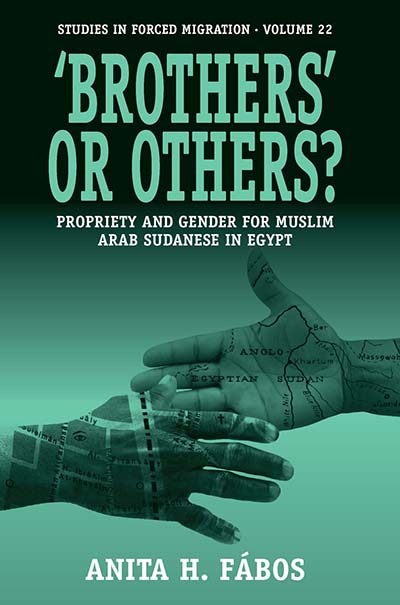 Published March 2008
Published March 2008 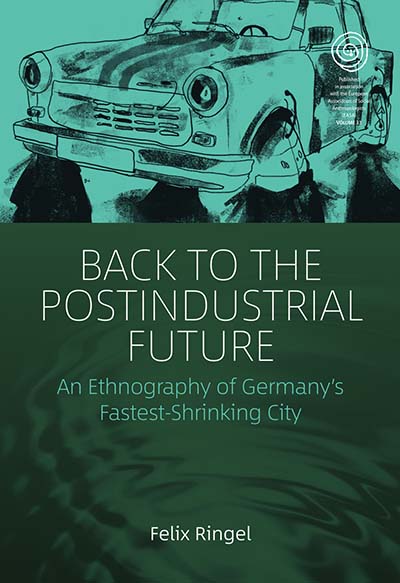 Published March 2018
Published March 2018 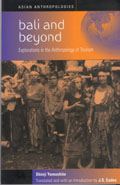 Published July 2002
Published July 2002 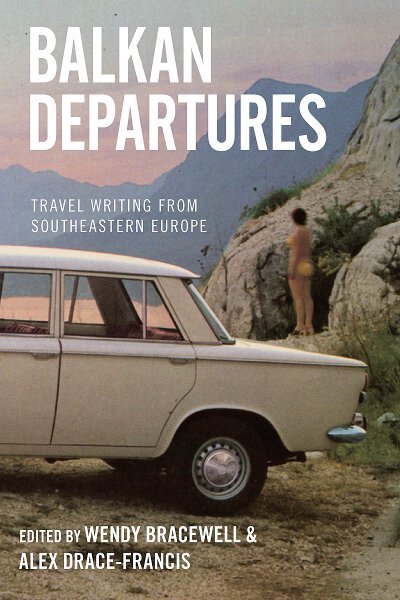 Published May 2009
Published May 2009 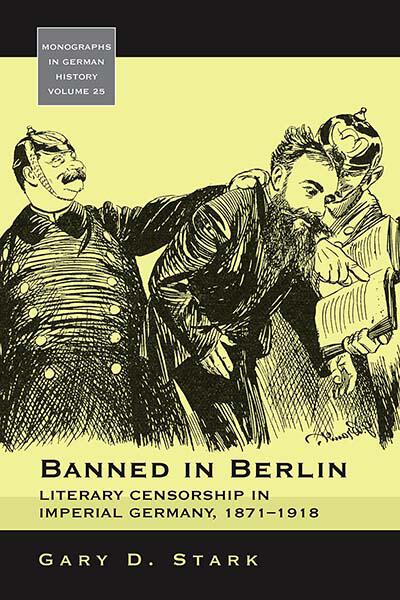 Published March 2009
Published March 2009 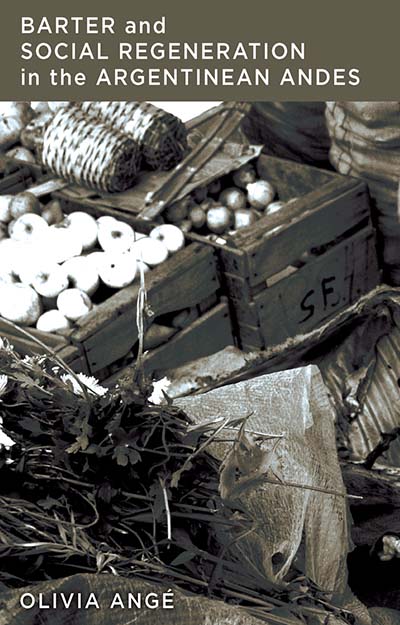 Published September 2018
Published September 2018 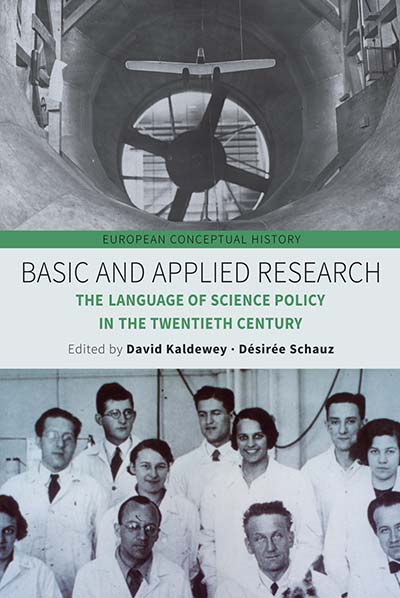 Published April 2018
Published April 2018 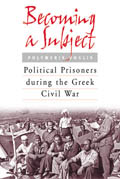 Published May 2002
Published May 2002 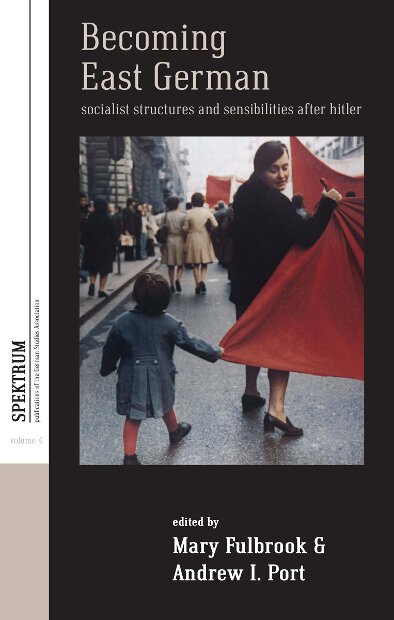 Published September 2013
Published September 2013 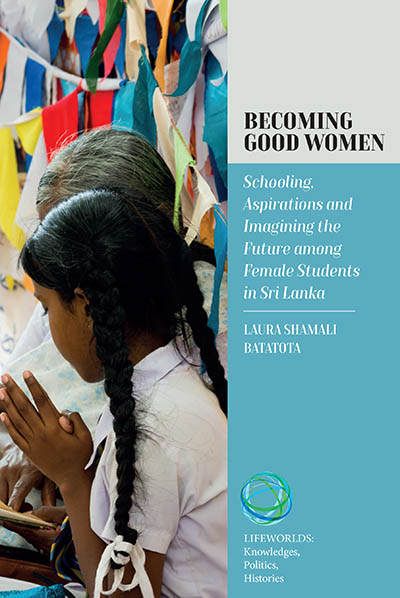 Published November 2024
Published November 2024 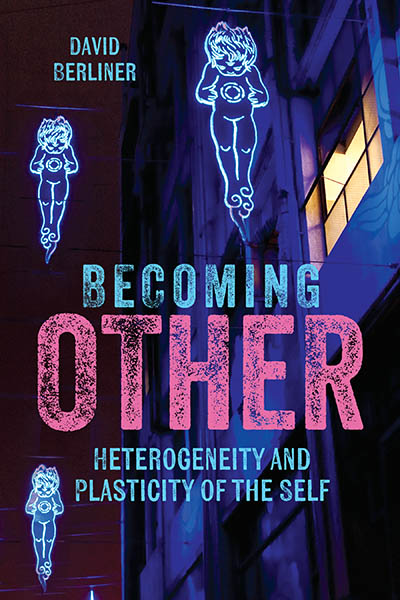 Published September 2024
Published September 2024 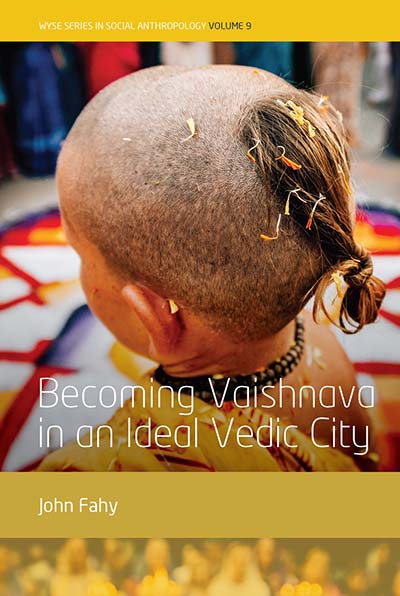 Published November 2019
Published November 2019 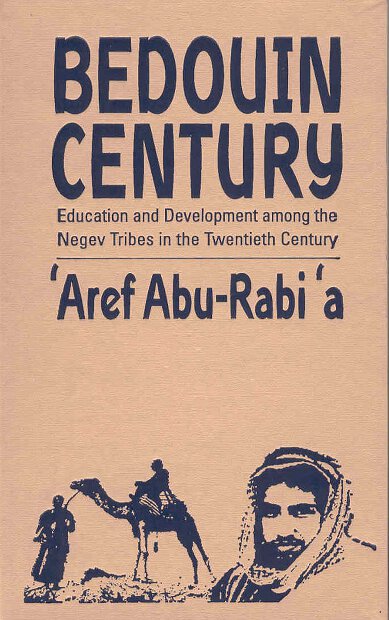 Published December 2001
Published December 2001 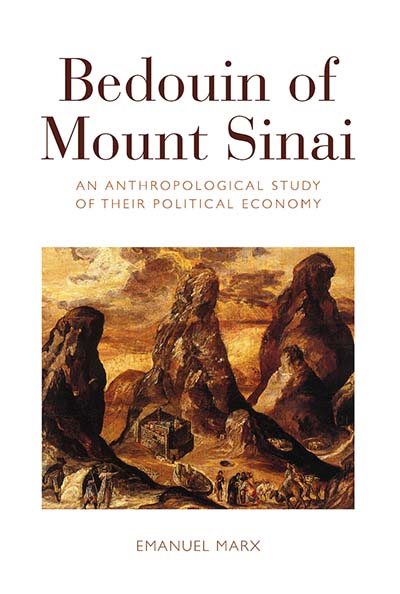 Published June 2013
Published June 2013 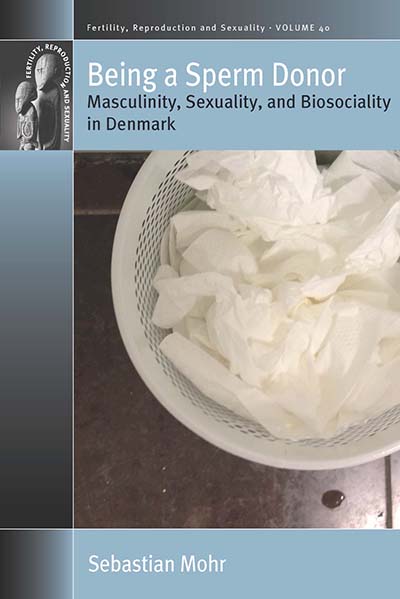 Published August 2018
Published August 2018 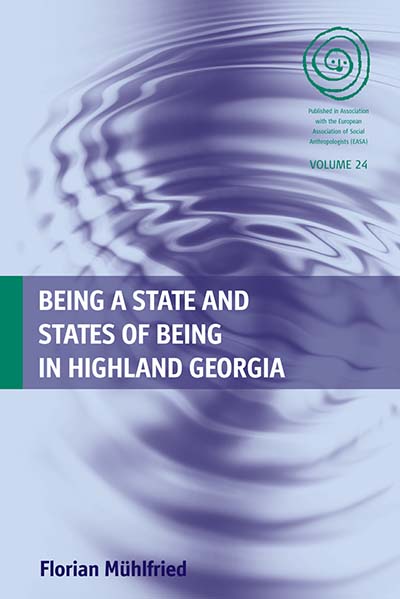 Published May 2014
Published May 2014 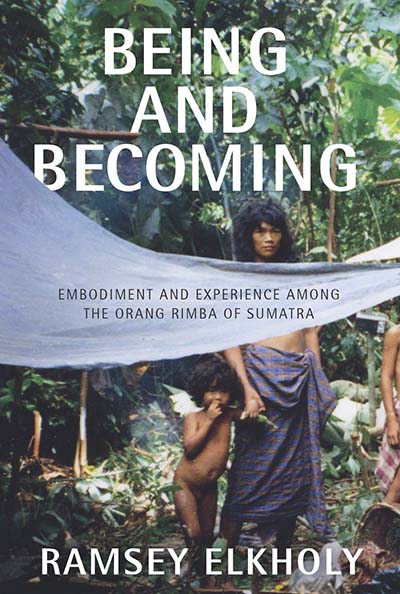 Published May 2016
Published May 2016 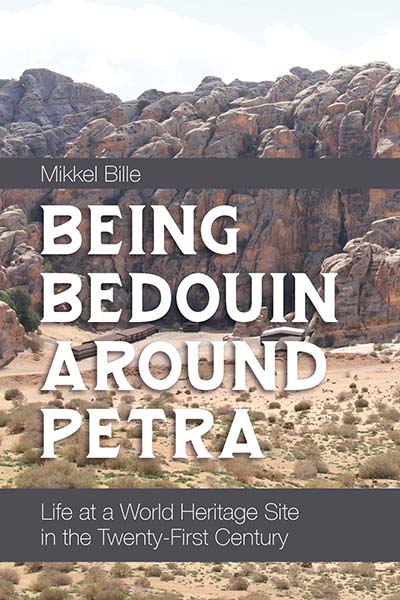 Published January 2019
Published January 2019 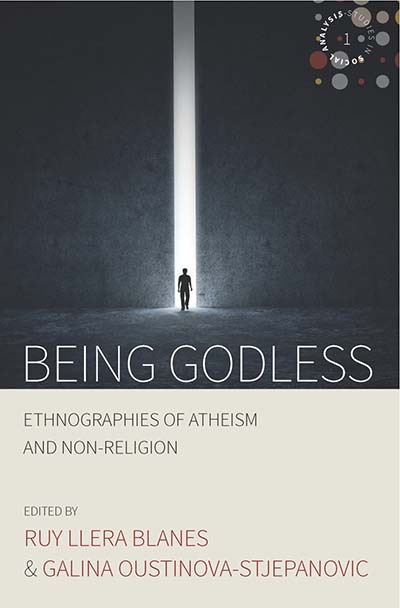 Published May 2017
Published May 2017 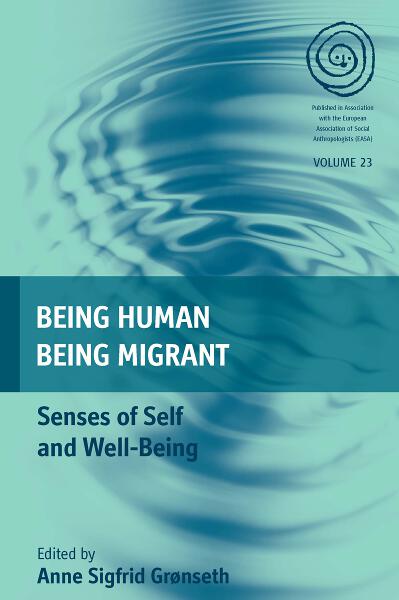 Published October 2013
Published October 2013 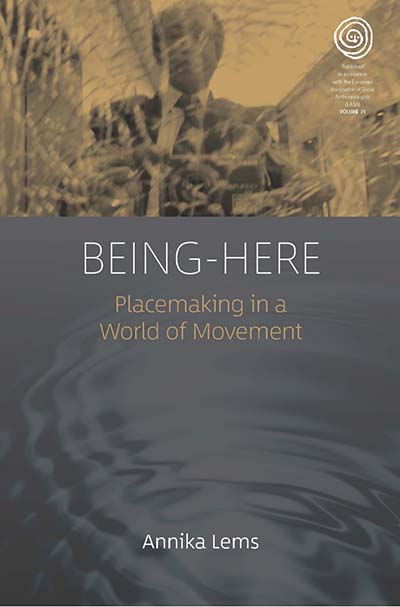 Published May 2018
Published May 2018 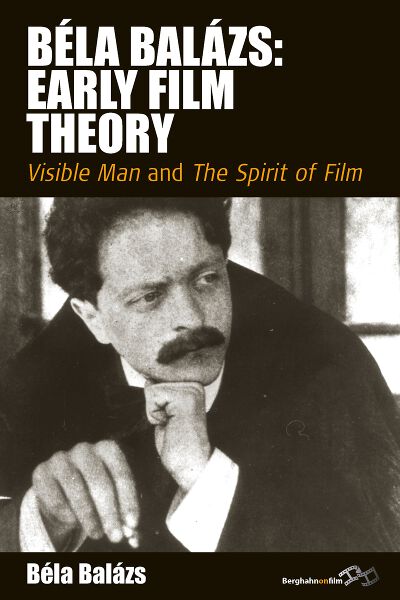 Published May 2010
Published May 2010 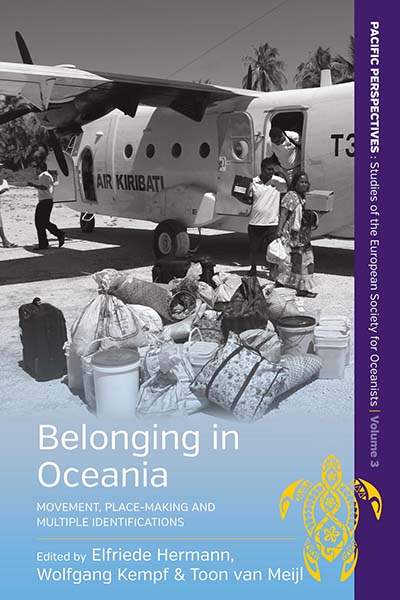 Published September 2014
Published September 2014 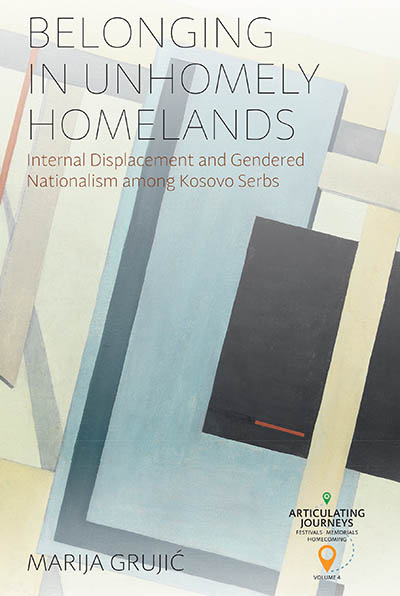 Published January 2025
Published January 2025 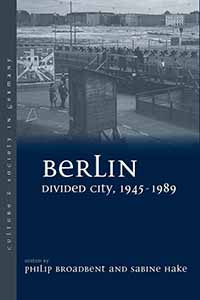 Published September 2010
Published September 2010 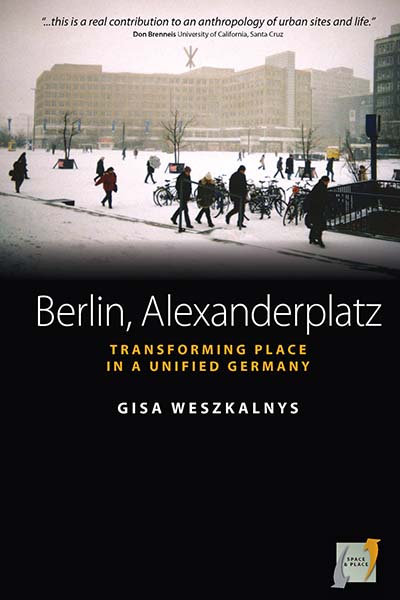 Published May 2010
Published May 2010 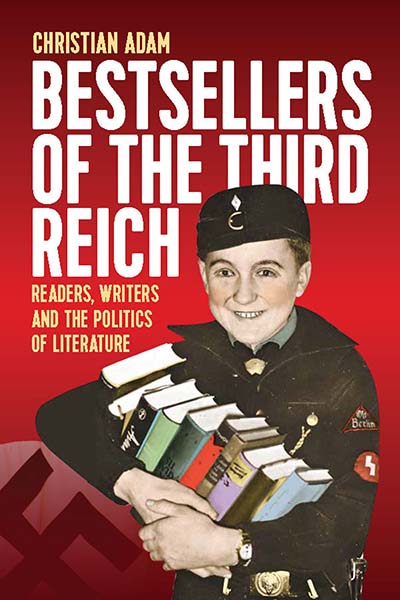 Published April 2021
Published April 2021 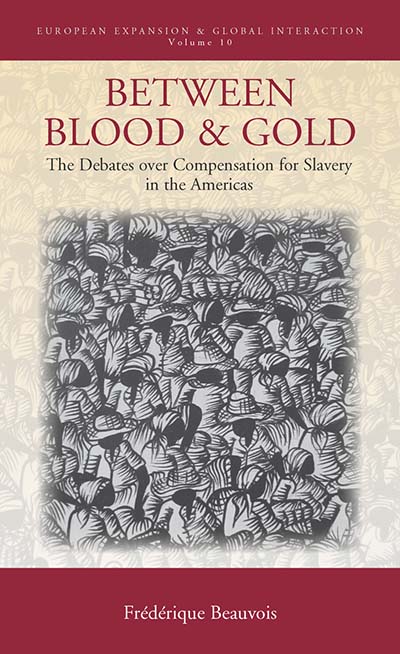 Published December 2016
Published December 2016 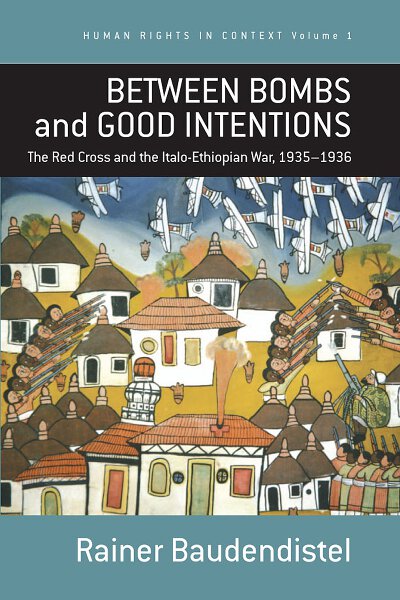 Published May 2006
Published May 2006 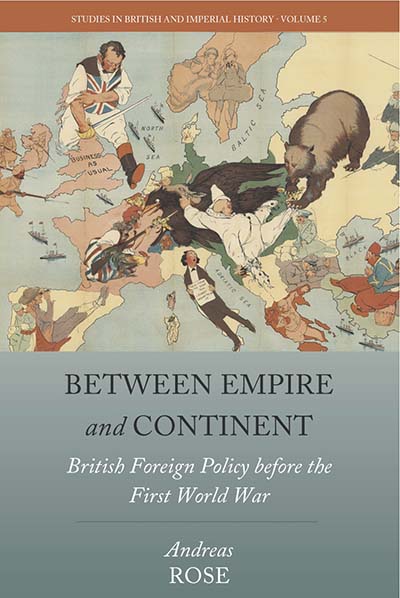 Published May 2017
Published May 2017 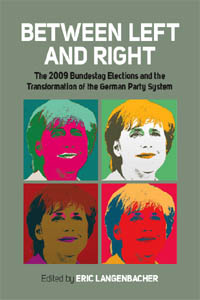 Published November 2010
Published November 2010 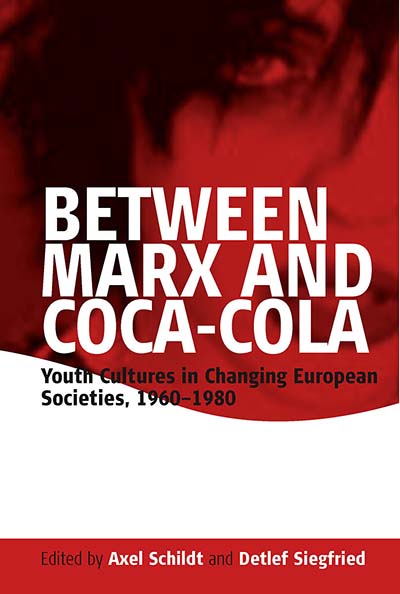 Published December 2005
Published December 2005 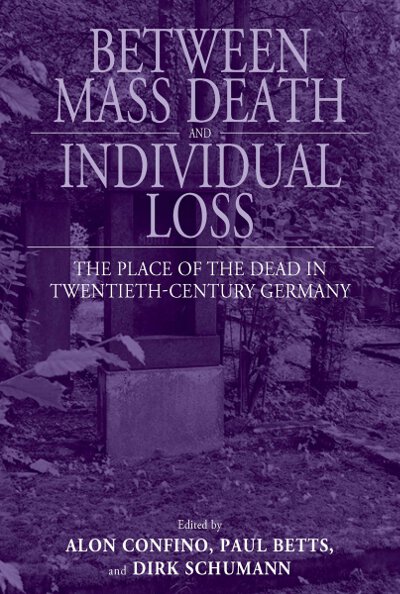 Published July 2008
Published July 2008 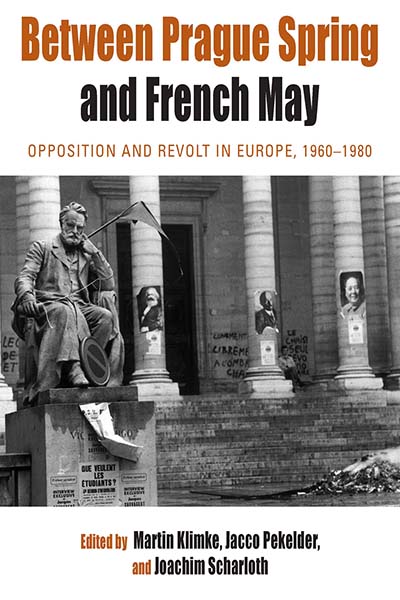 Published June 2011
Published June 2011 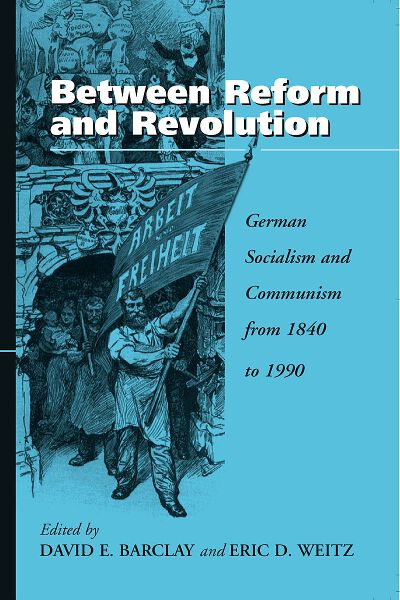 Published May 1998
Published May 1998 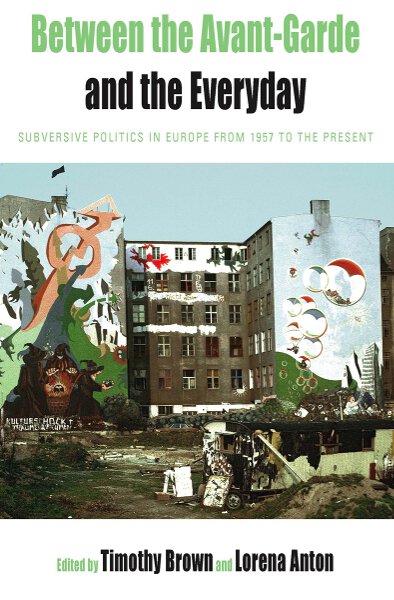 Published July 2011
Published July 2011 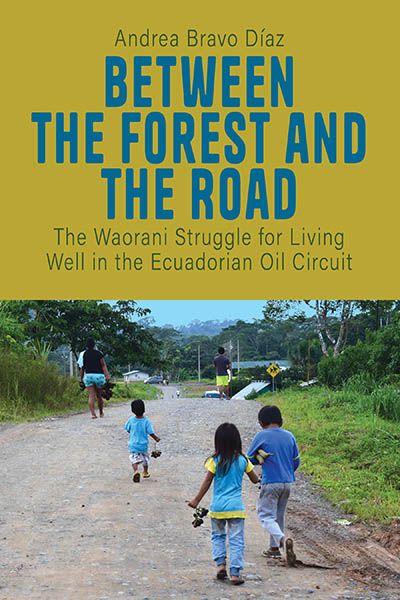 Published September 2023
Published September 2023 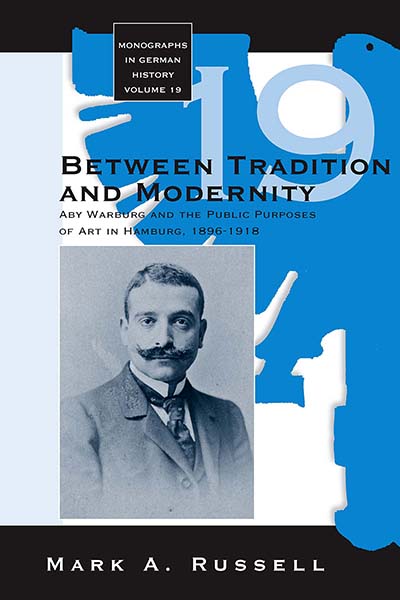 Published December 2007
Published December 2007 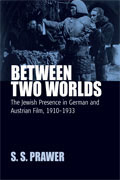 Published November 2005
Published November 2005 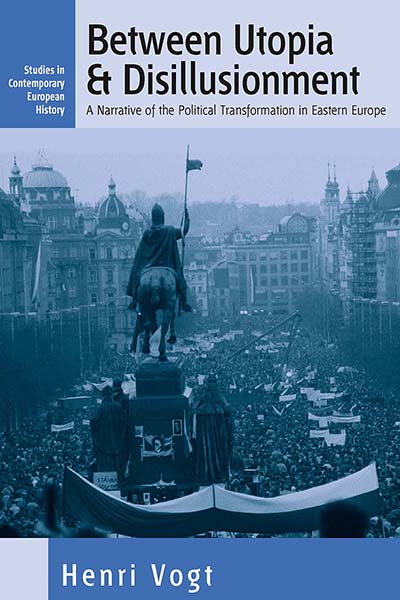 Published November 2004
Published November 2004 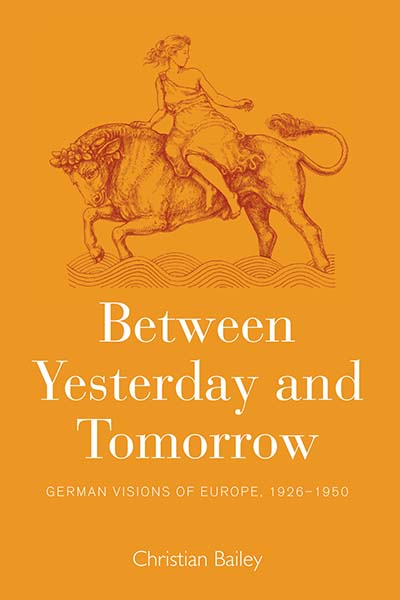 Published October 2013
Published October 2013 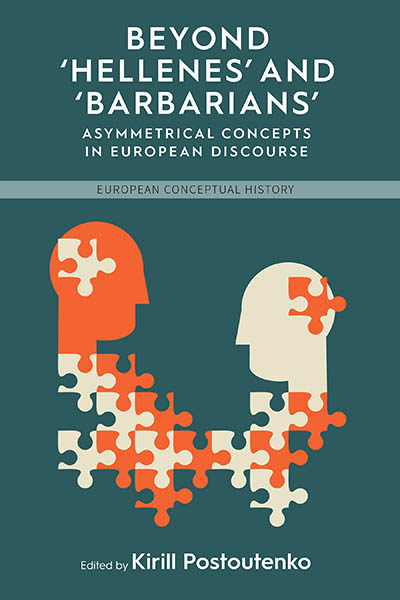 Published October 2022
Published October 2022 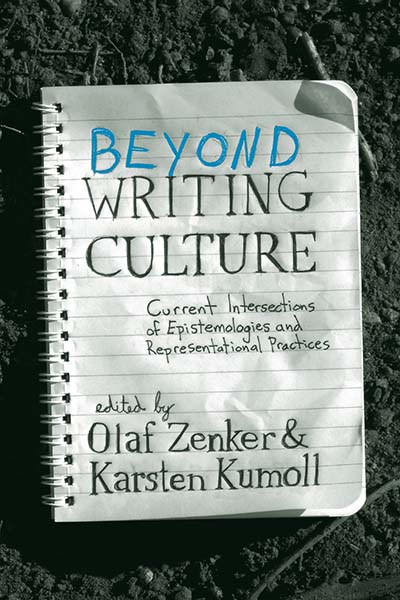 Published May 2010
Published May 2010 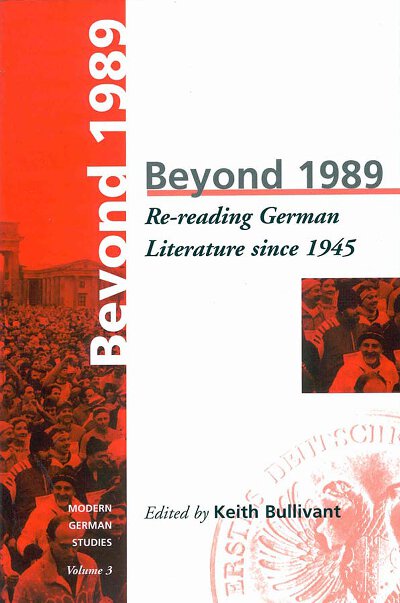 Published September 1997
Published September 1997 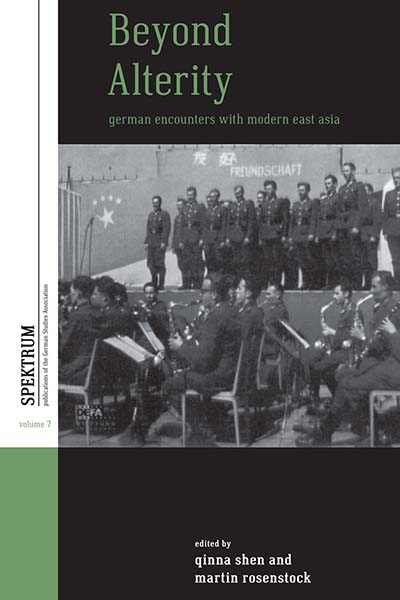 Published July 2014
Published July 2014 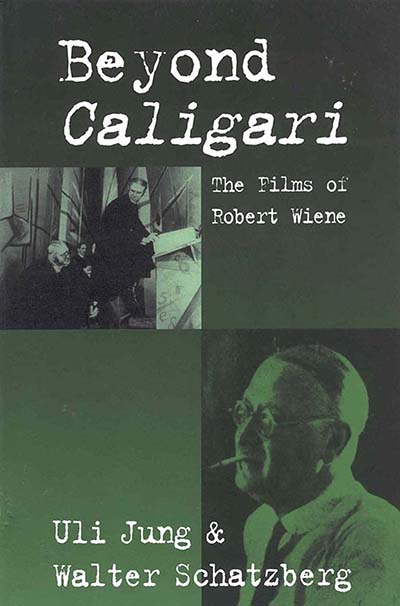 Published May 1999
Published May 1999 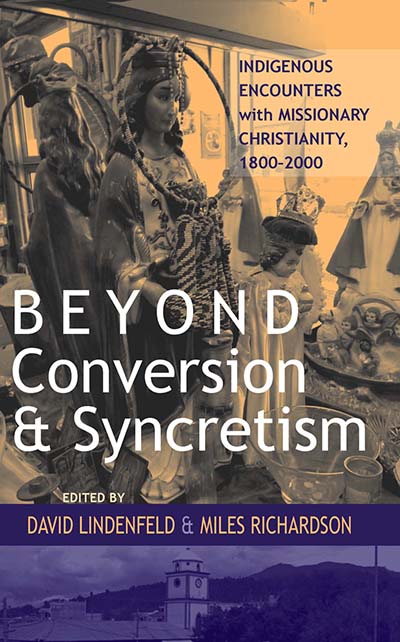 Published October 2011
Published October 2011  Published November 2024
Published November 2024 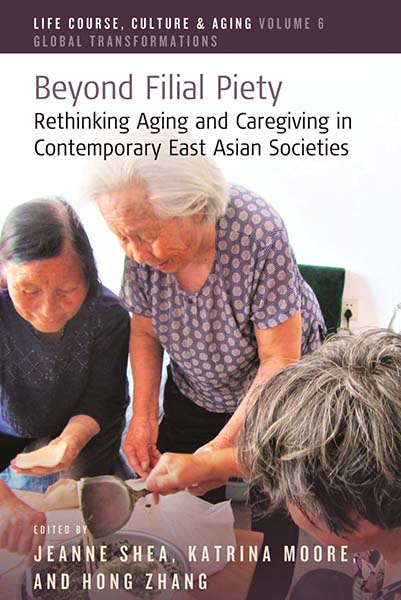 Published July 2020
Published July 2020 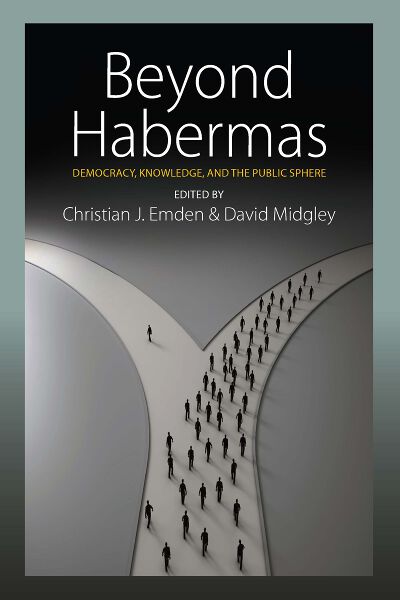 Published November 2012
Published November 2012 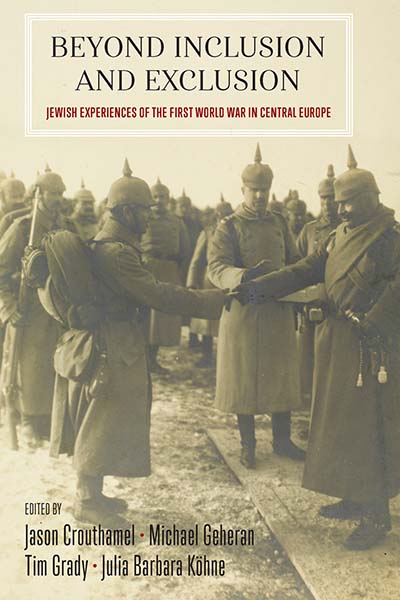 Published November 2018
Published November 2018 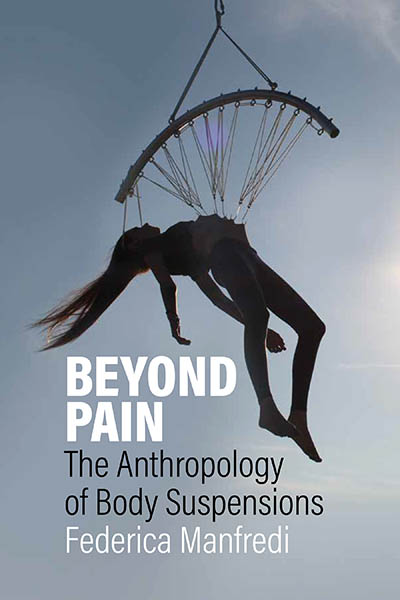 Published May 2024
Published May 2024 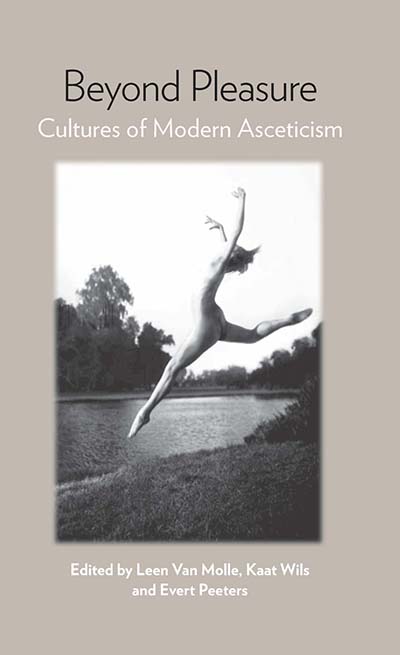 Published April 2011
Published April 2011 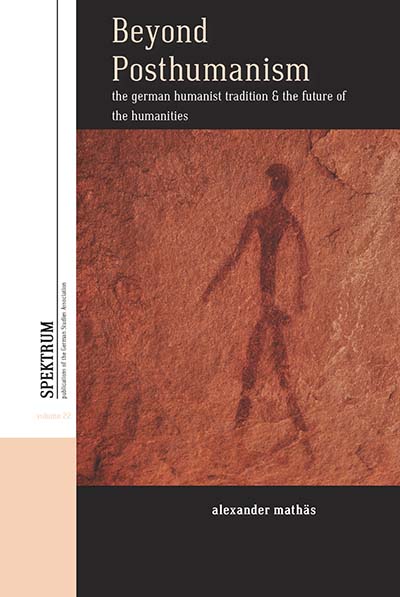 Published February 2020
Published February 2020 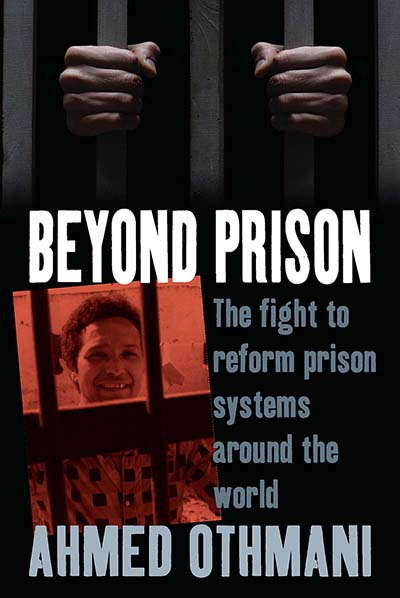 Published July 2008
Published July 2008 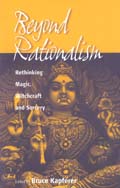 Published February 2003
Published February 2003 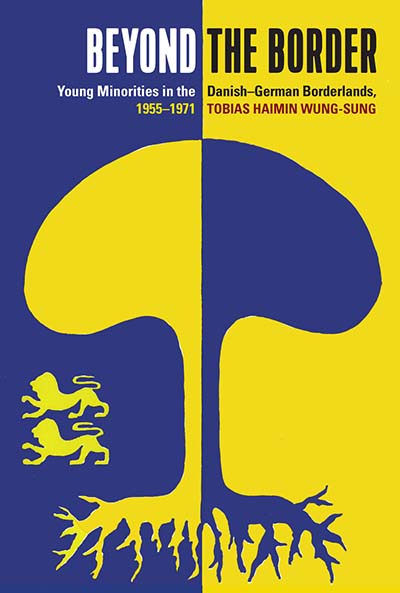 Published March 2019
Published March 2019  Published October 2015
Published October 2015  Published April 2025
Published April 2025 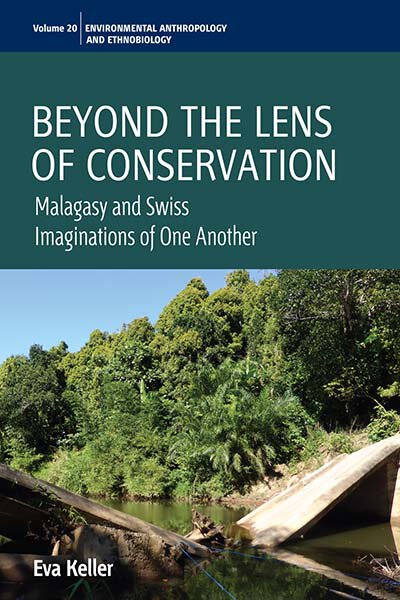 Published February 2015
Published February 2015 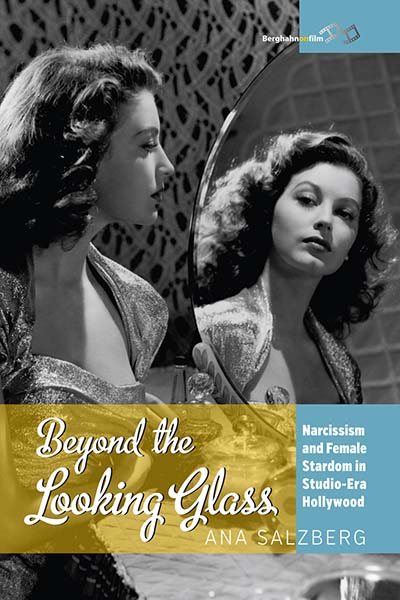 Published August 2014
Published August 2014 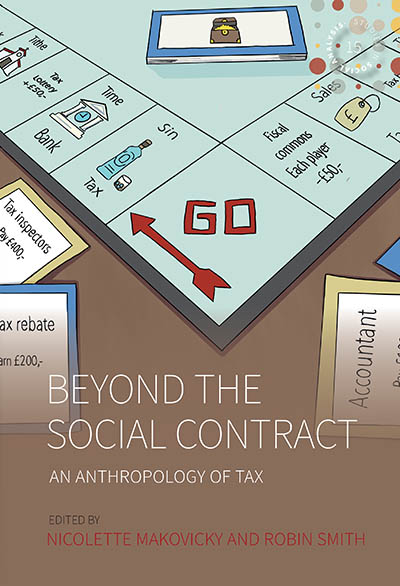 Published August 2023
Published August 2023 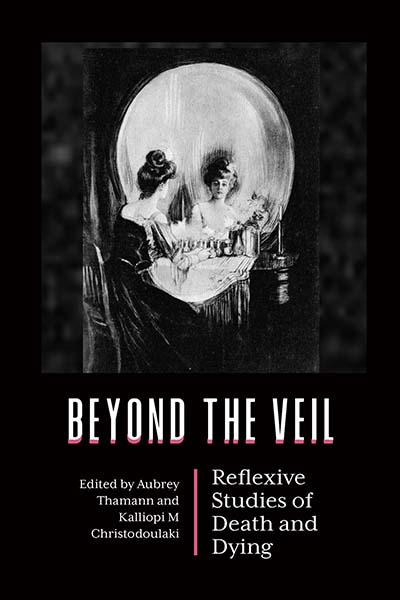 Published May 2021
Published May 2021 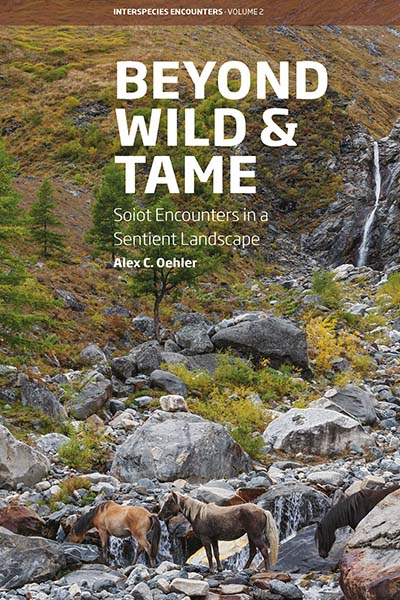 Published April 2020
Published April 2020 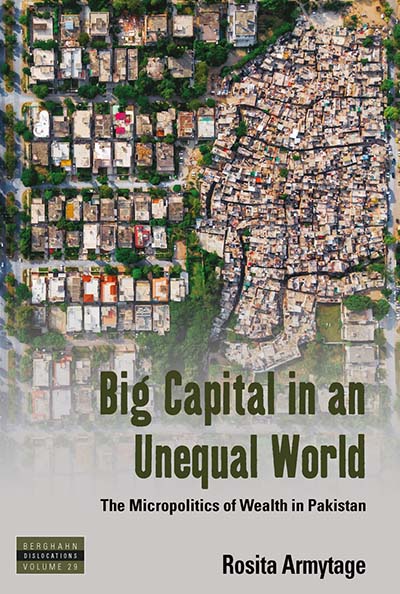 Published January 2020
Published January 2020 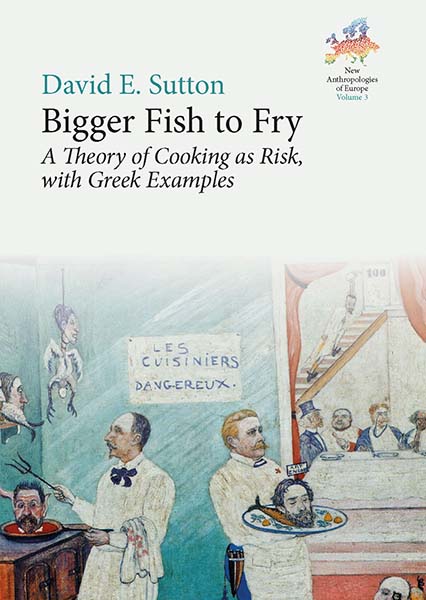 Published September 2021
Published September 2021 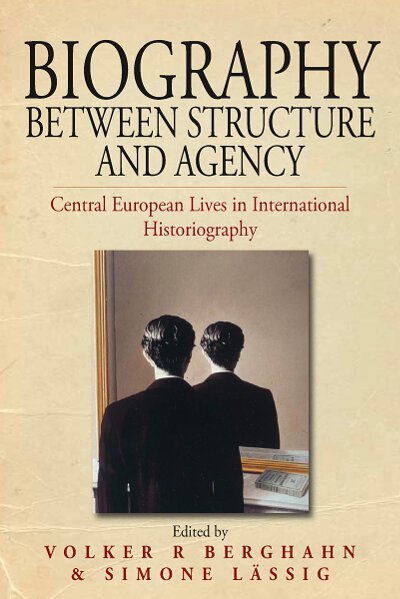 Published September 2008
Published September 2008 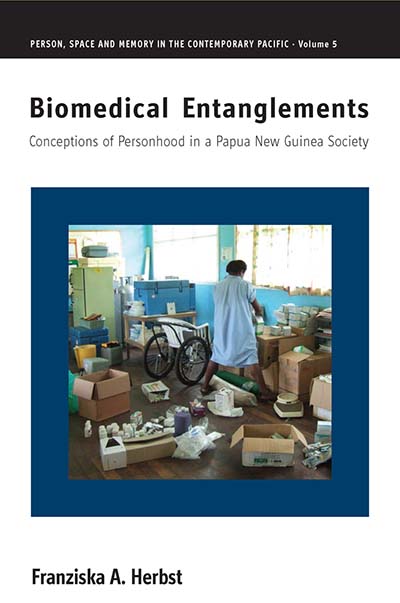 Published October 2016
Published October 2016 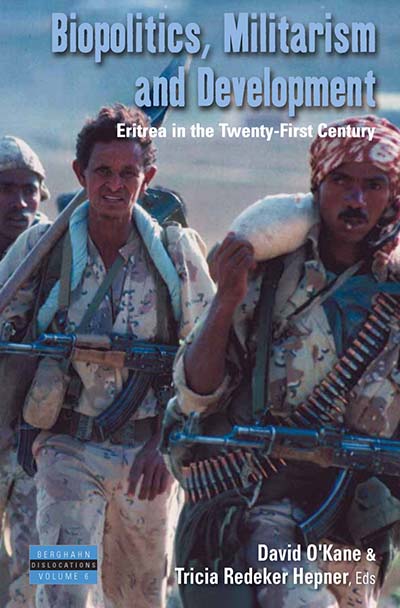 Published March 2009
Published March 2009 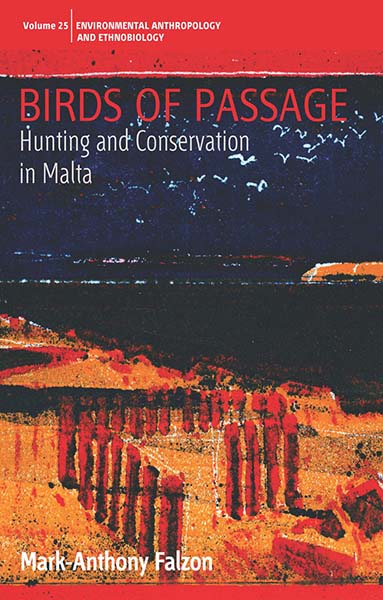 Published July 2020
Published July 2020 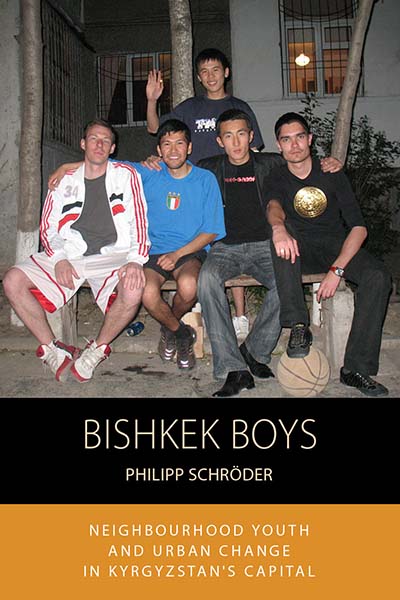 Published November 2017
Published November 2017 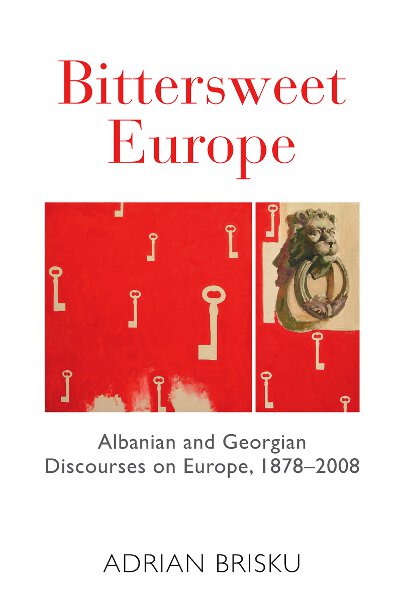 Published August 2013
Published August 2013 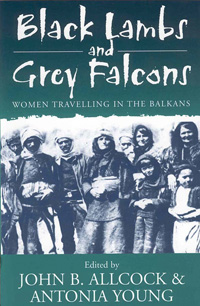 Published November 2000
Published November 2000  Forthcoming February 2026
Forthcoming February 2026 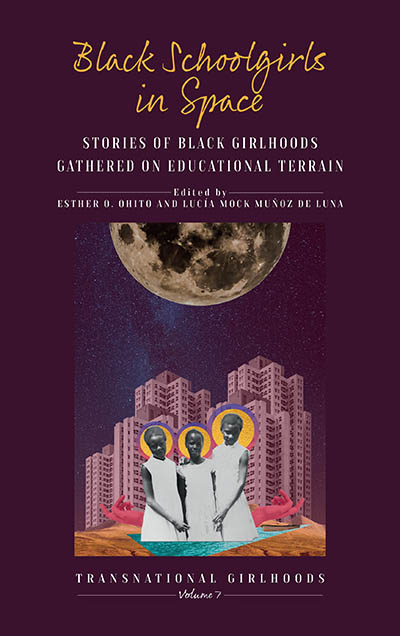 Published June 2024
Published June 2024 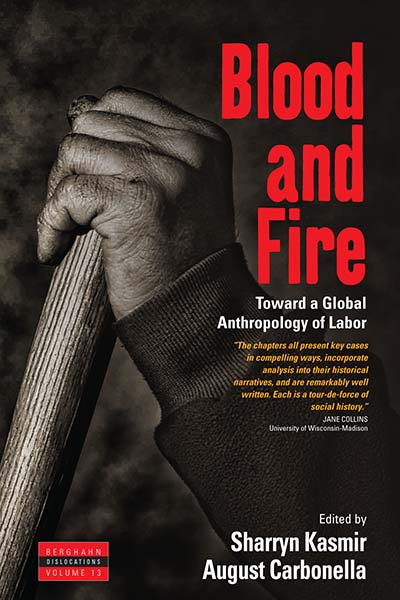 Published August 2014
Published August 2014 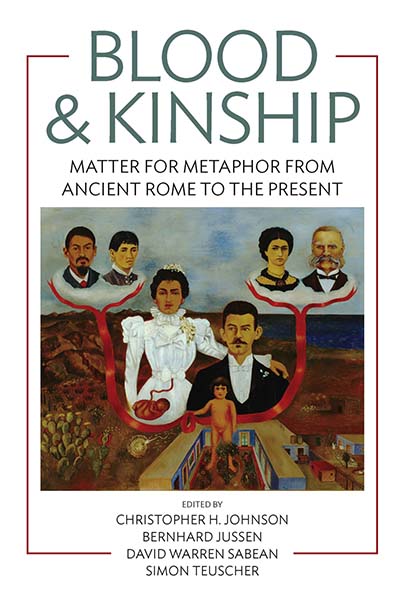 Published January 2013
Published January 2013 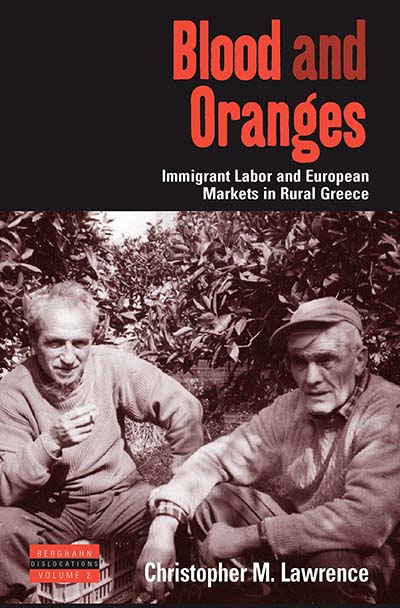 Published August 2007
Published August 2007 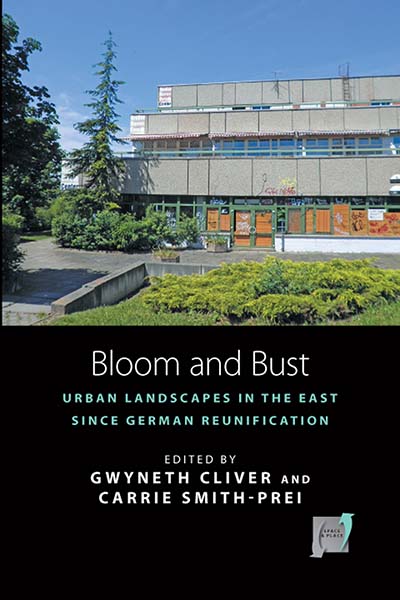 Published November 2014
Published November 2014 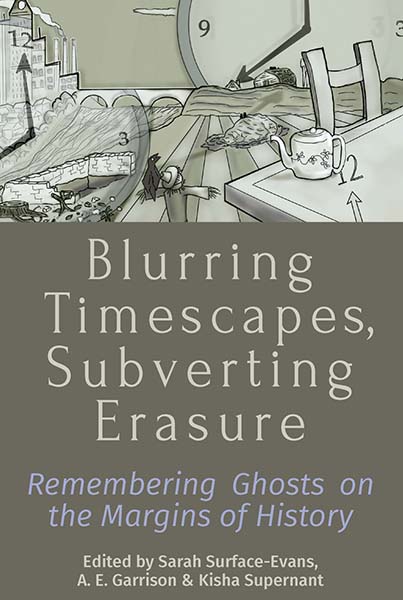 Published August 2020
Published August 2020  Published May 2024
Published May 2024 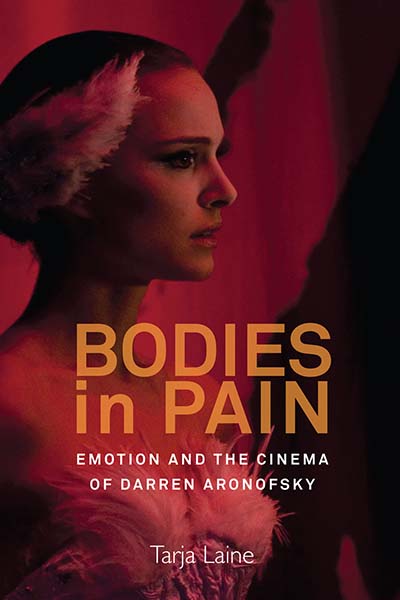 Published February 2015
Published February 2015 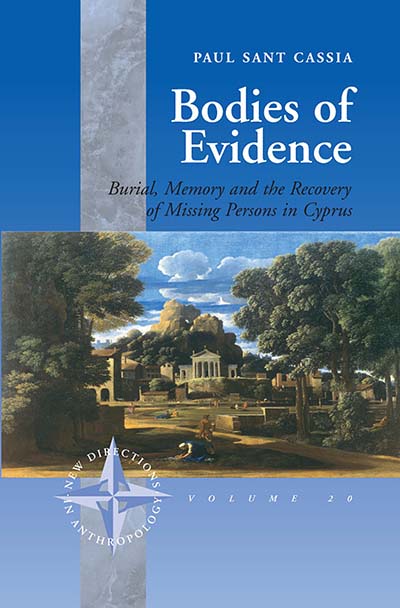 Published May 2005
Published May 2005 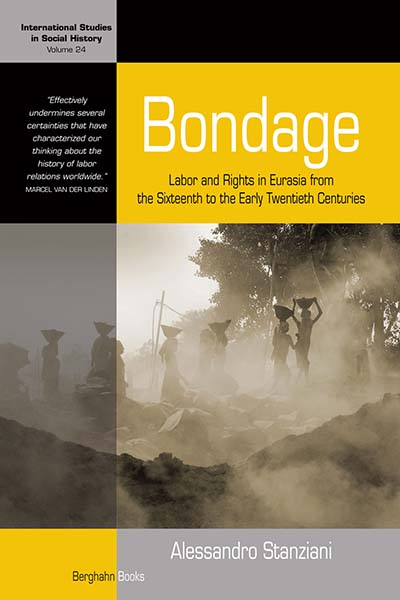 Published January 2014
Published January 2014 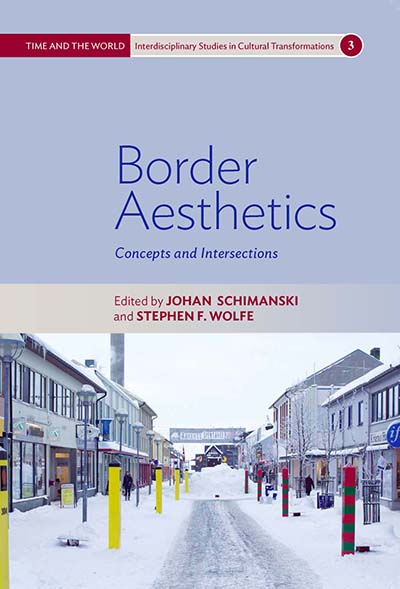 Published April 2017
Published April 2017 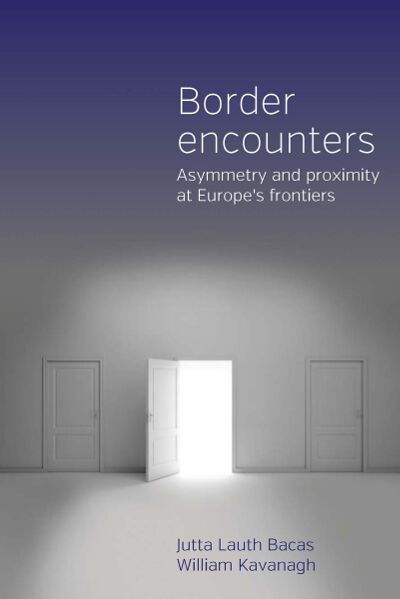 Published October 2013
Published October 2013 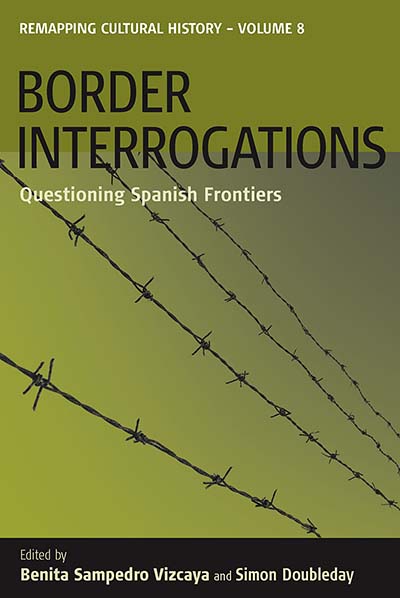 Published May 2008
Published May 2008  Forthcoming November 2025
Forthcoming November 2025 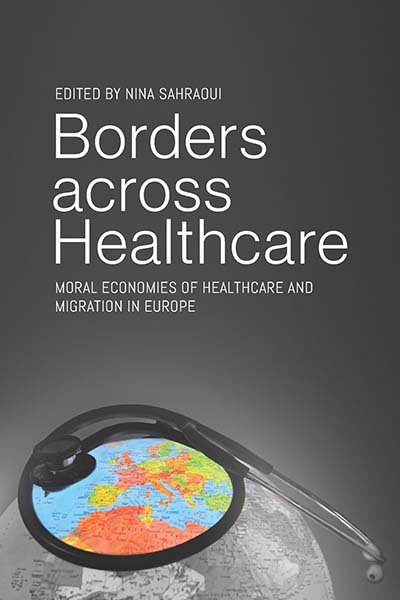 Published June 2020
Published June 2020 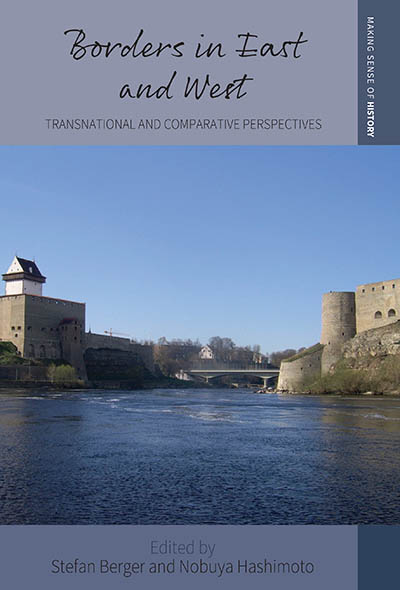 Published September 2022
Published September 2022 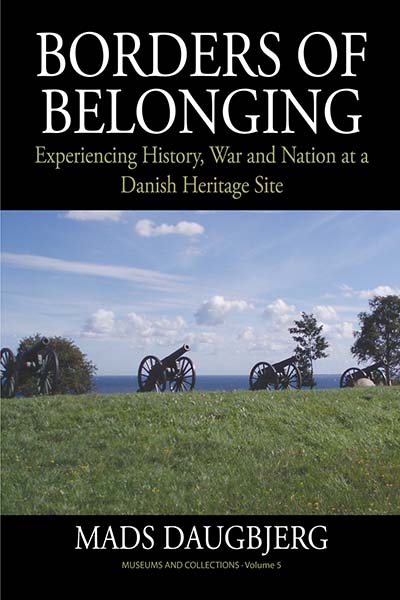 Published February 2014
Published February 2014 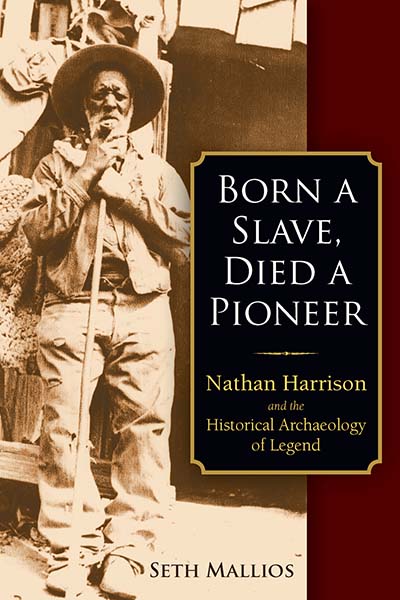 Published November 2019
Published November 2019 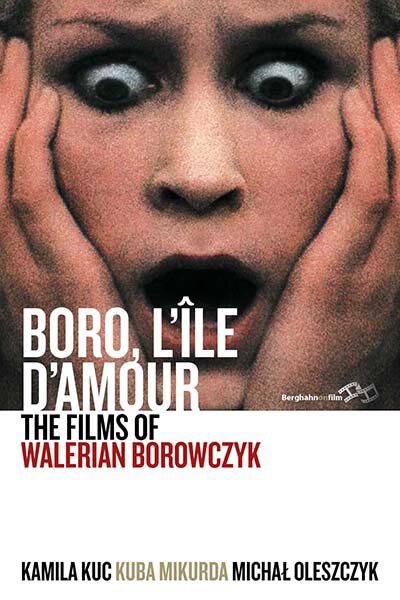 Published August 2015
Published August 2015 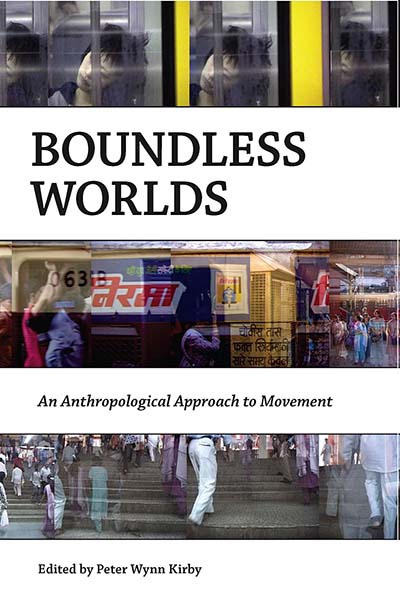 Published December 2008
Published December 2008 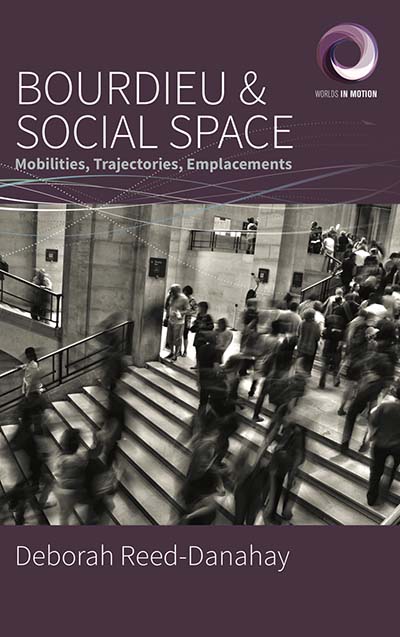 Published November 2019
Published November 2019 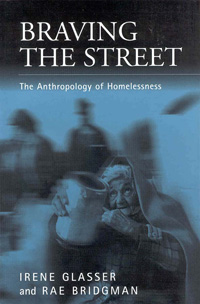 Published April 1999
Published April 1999 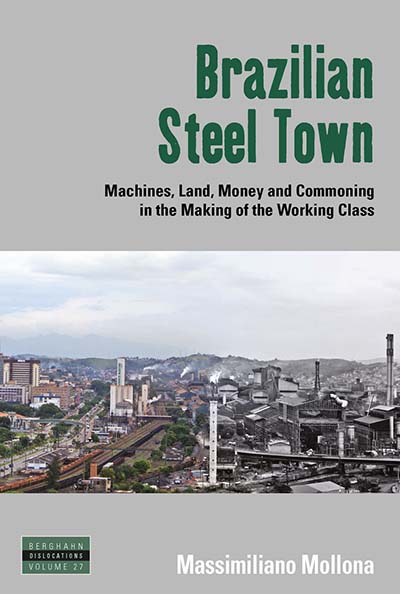 Published November 2019
Published November 2019 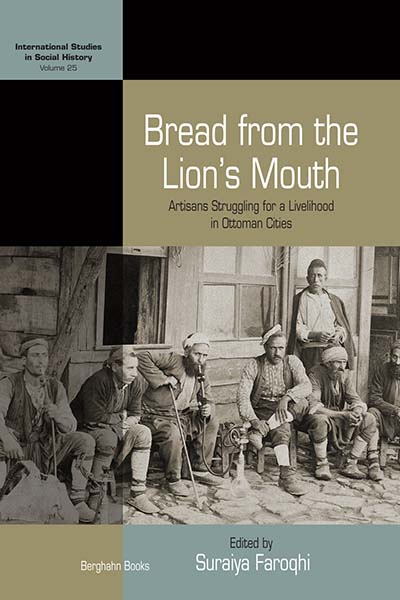 Published March 2015
Published March 2015 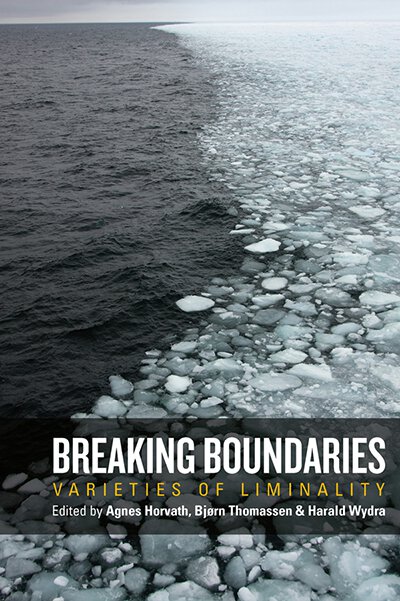 Published May 2015
Published May 2015 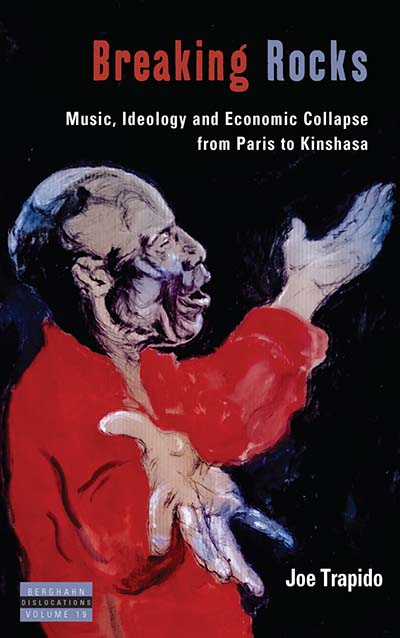 Published December 2016
Published December 2016 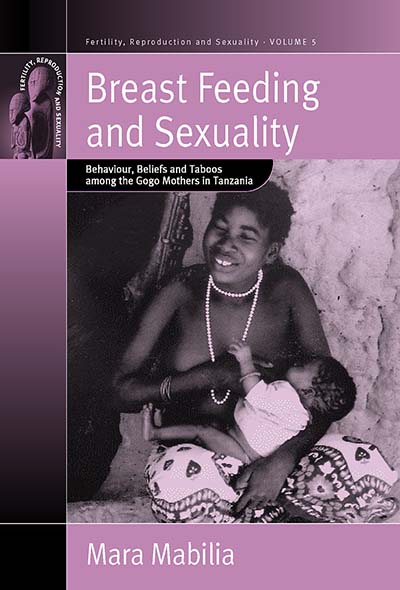 Published June 2005
Published June 2005 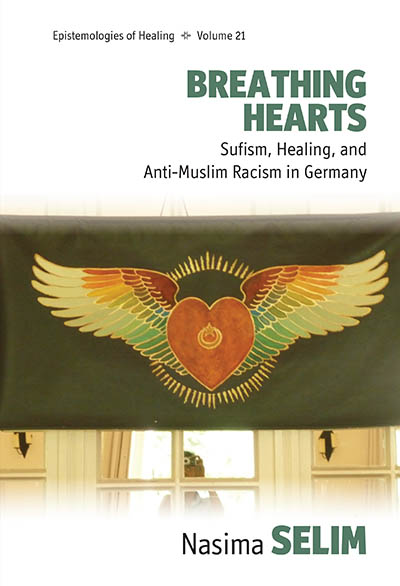 Published January 2024
Published January 2024 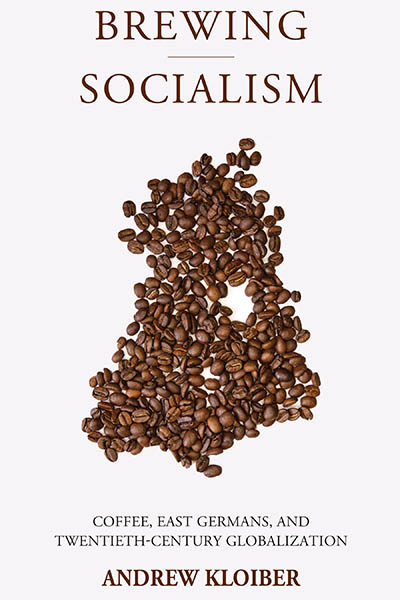 Published October 2022
Published October 2022 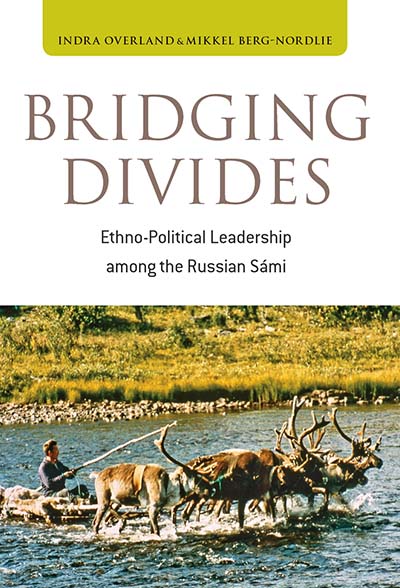 Published September 2012
Published September 2012 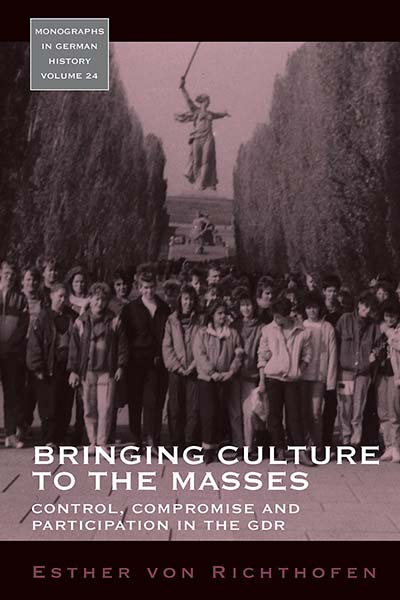 Published March 2009
Published March 2009 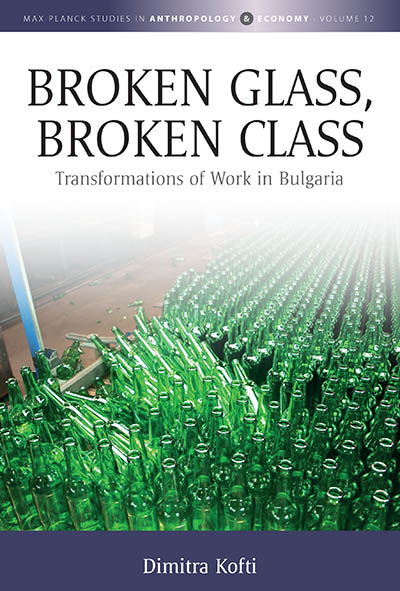 Published August 2023
Published August 2023  Published August 2025
Published August 2025 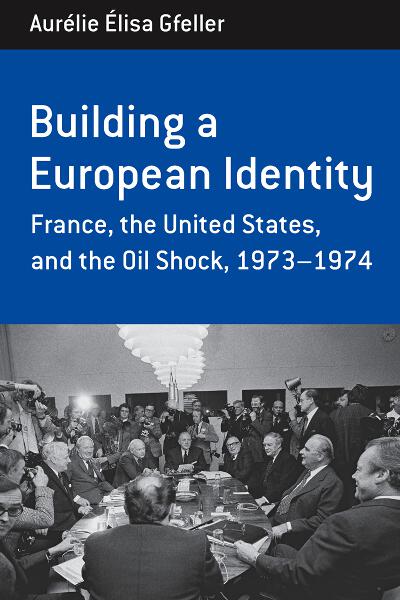 Published July 2012
Published July 2012 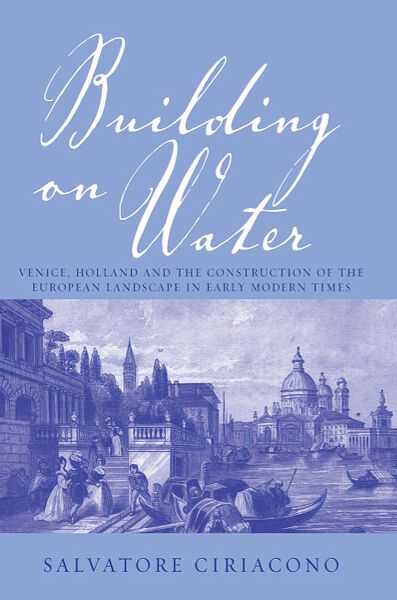 Published May 2006
Published May 2006  Published April 2025
Published April 2025 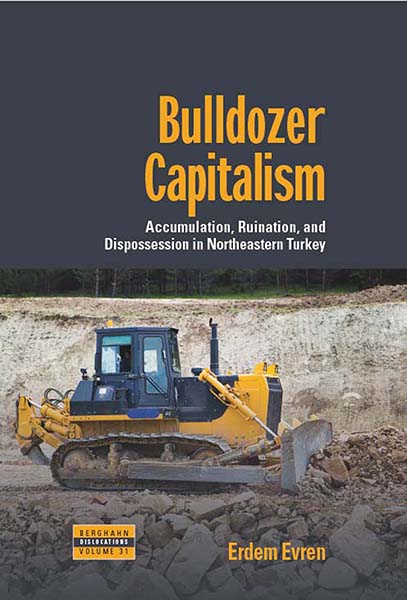 Published May 2022
Published May 2022 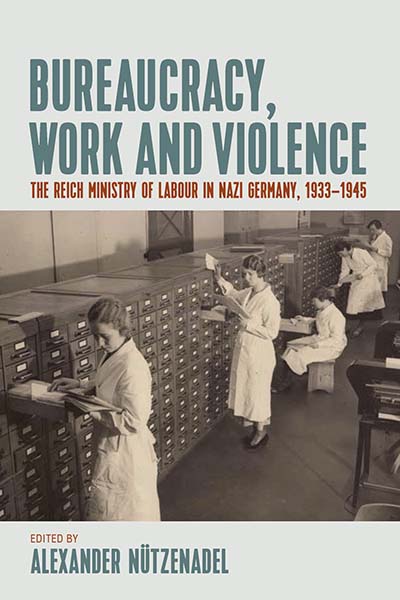 Published May 2020
Published May 2020 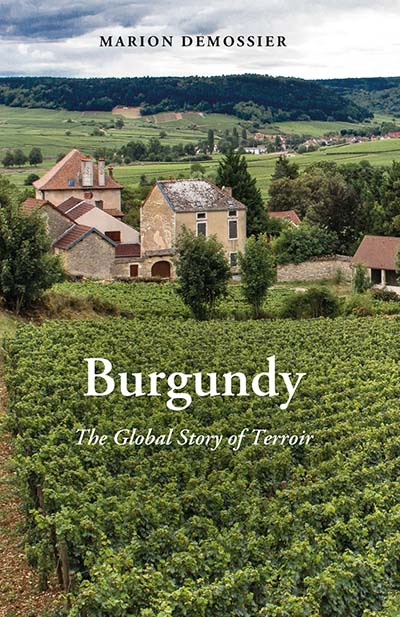 Published April 2018
Published April 2018 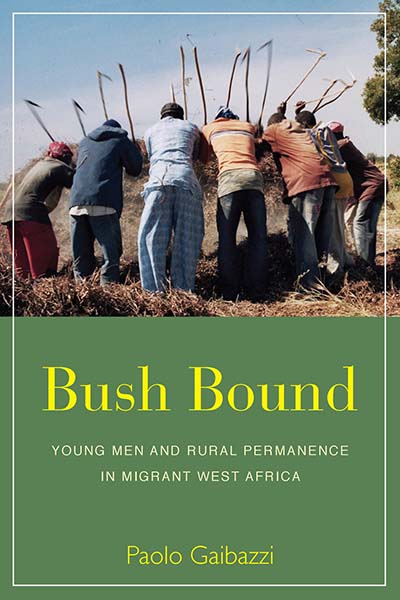 Published August 2015
Published August 2015 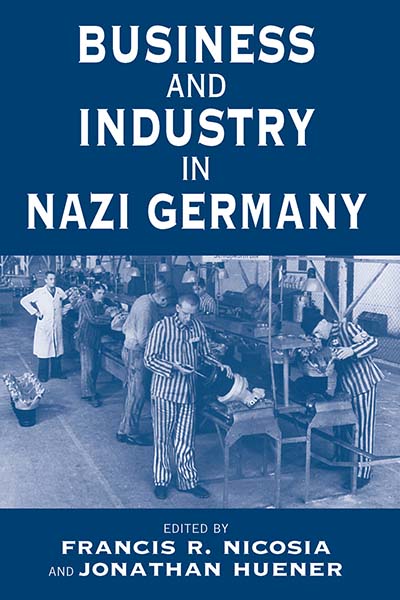 Published March 2004
Published March 2004